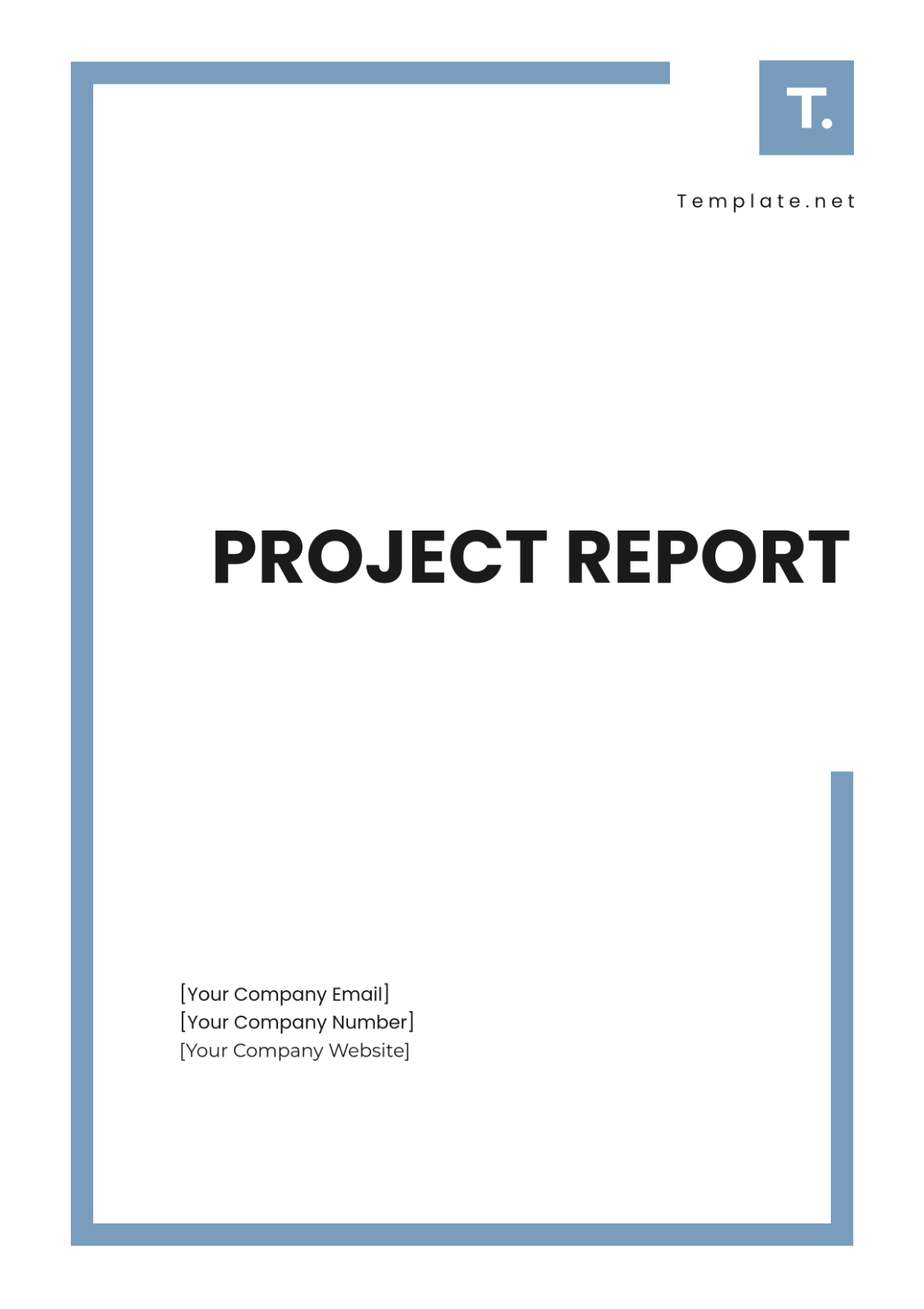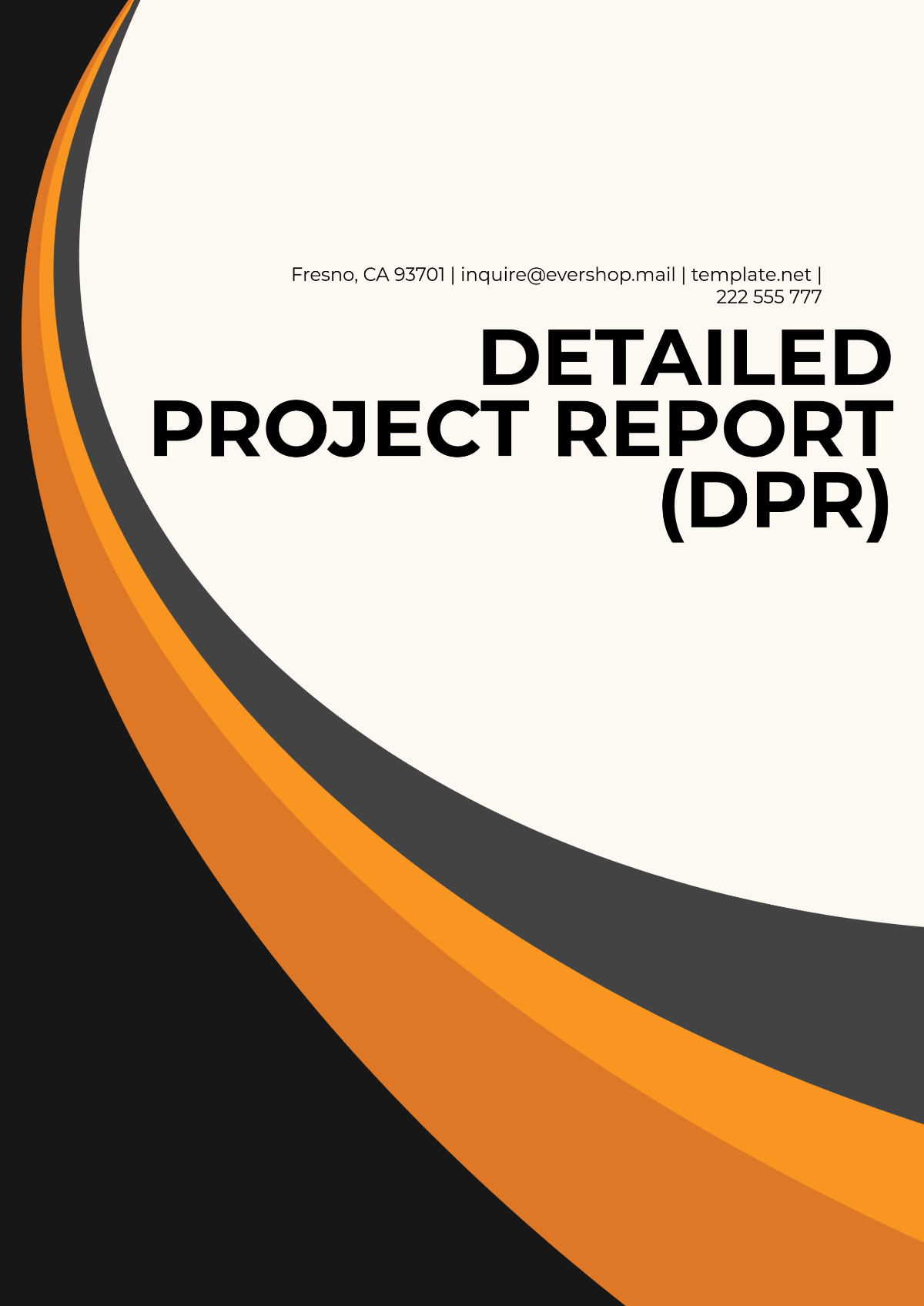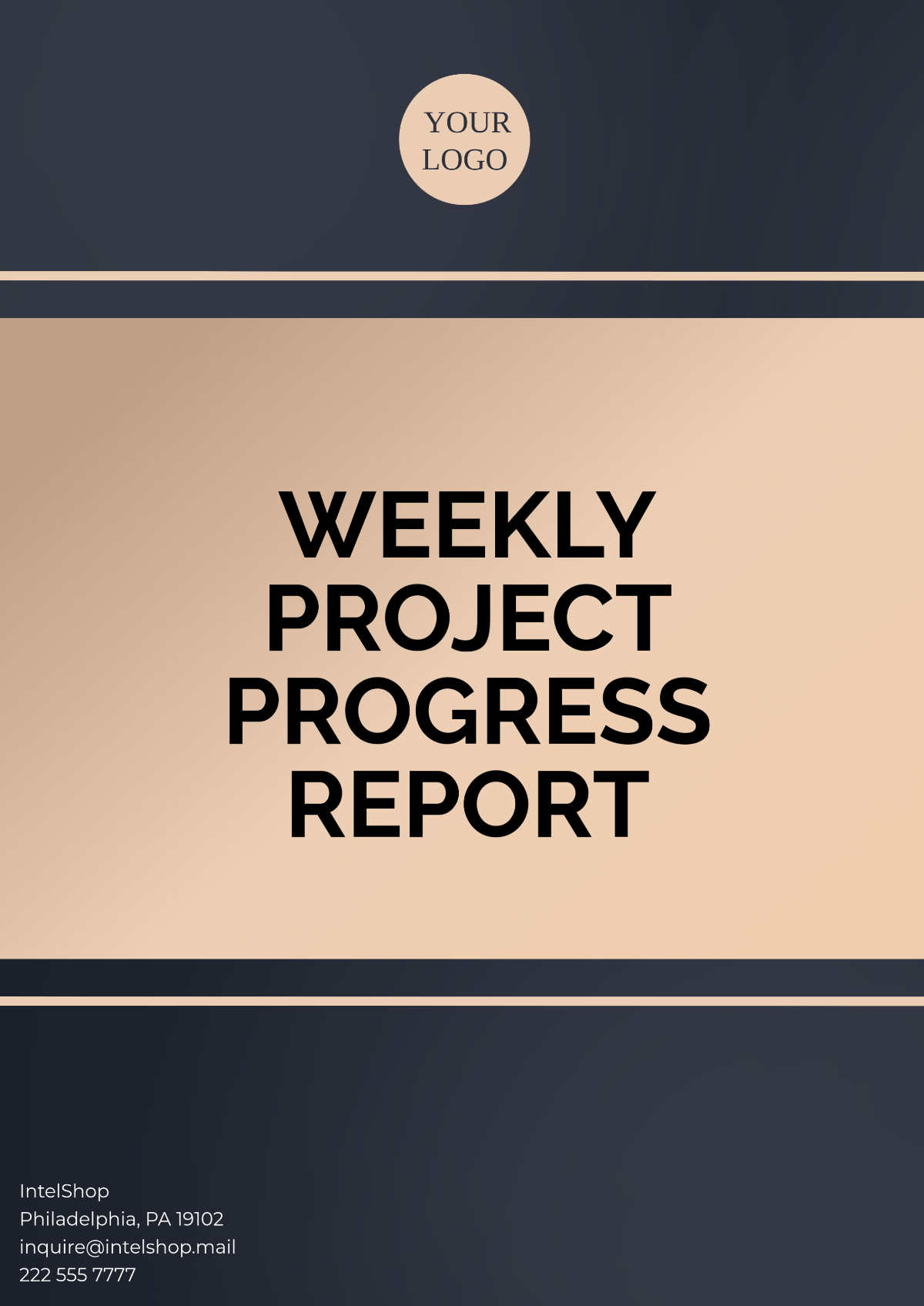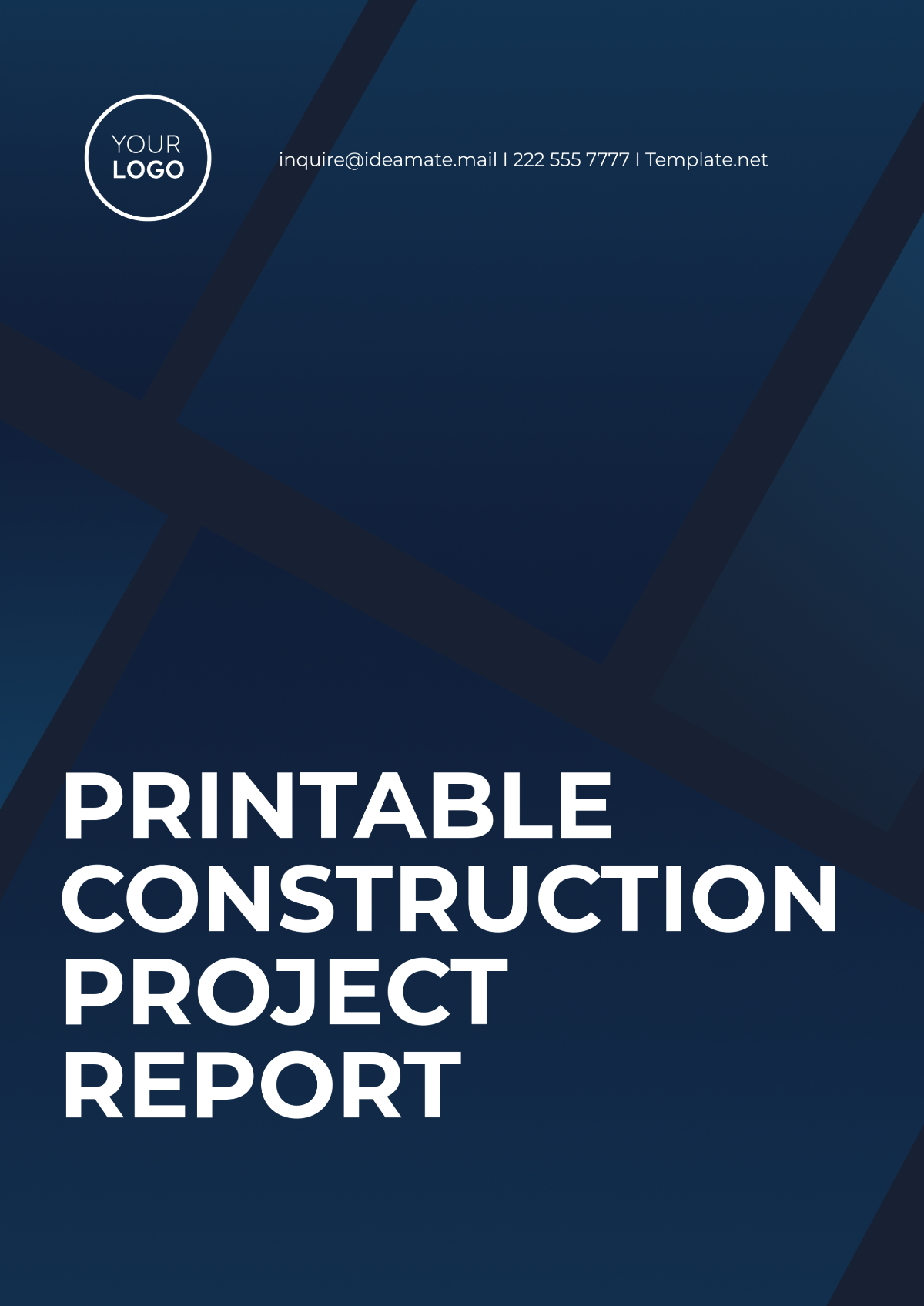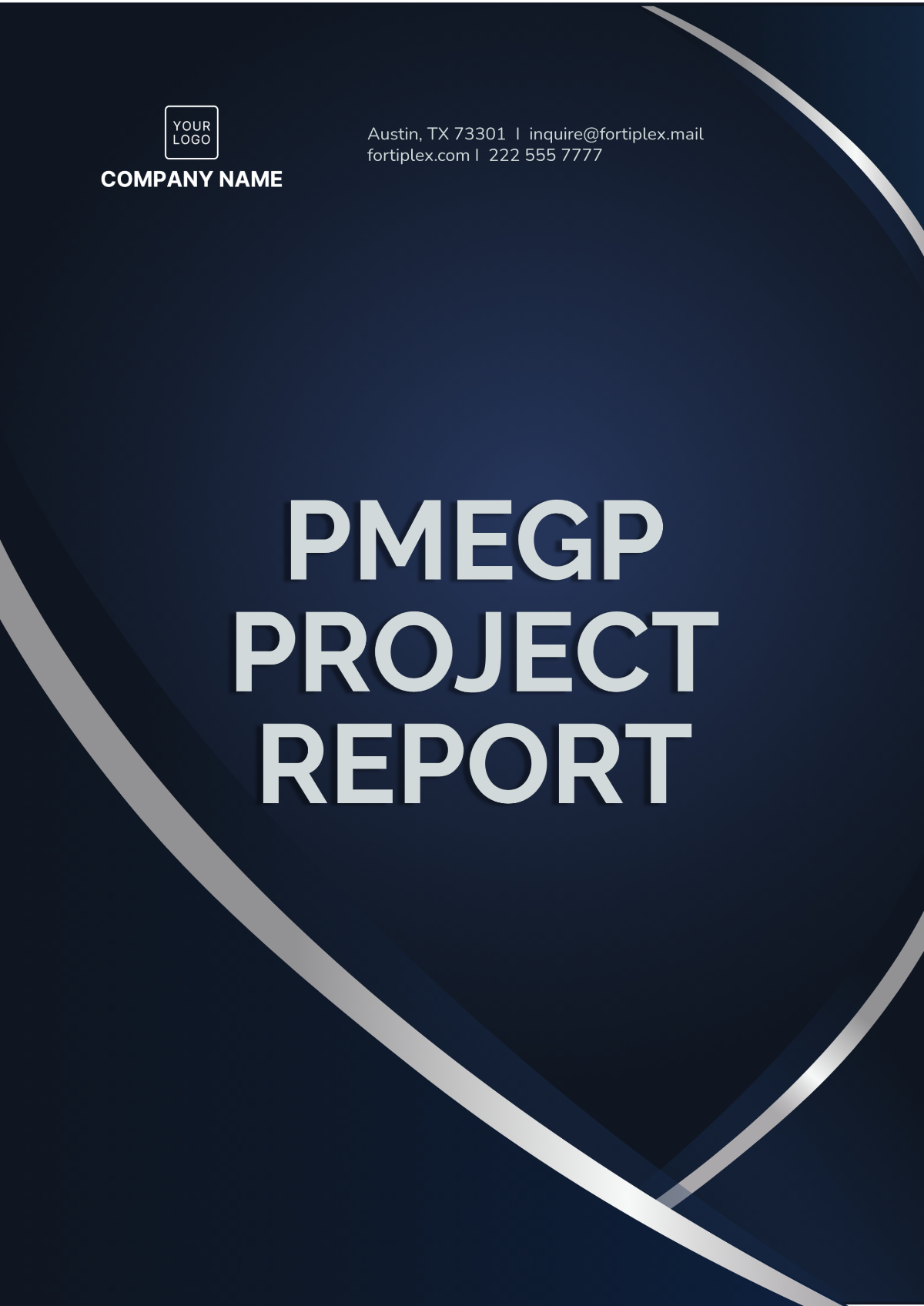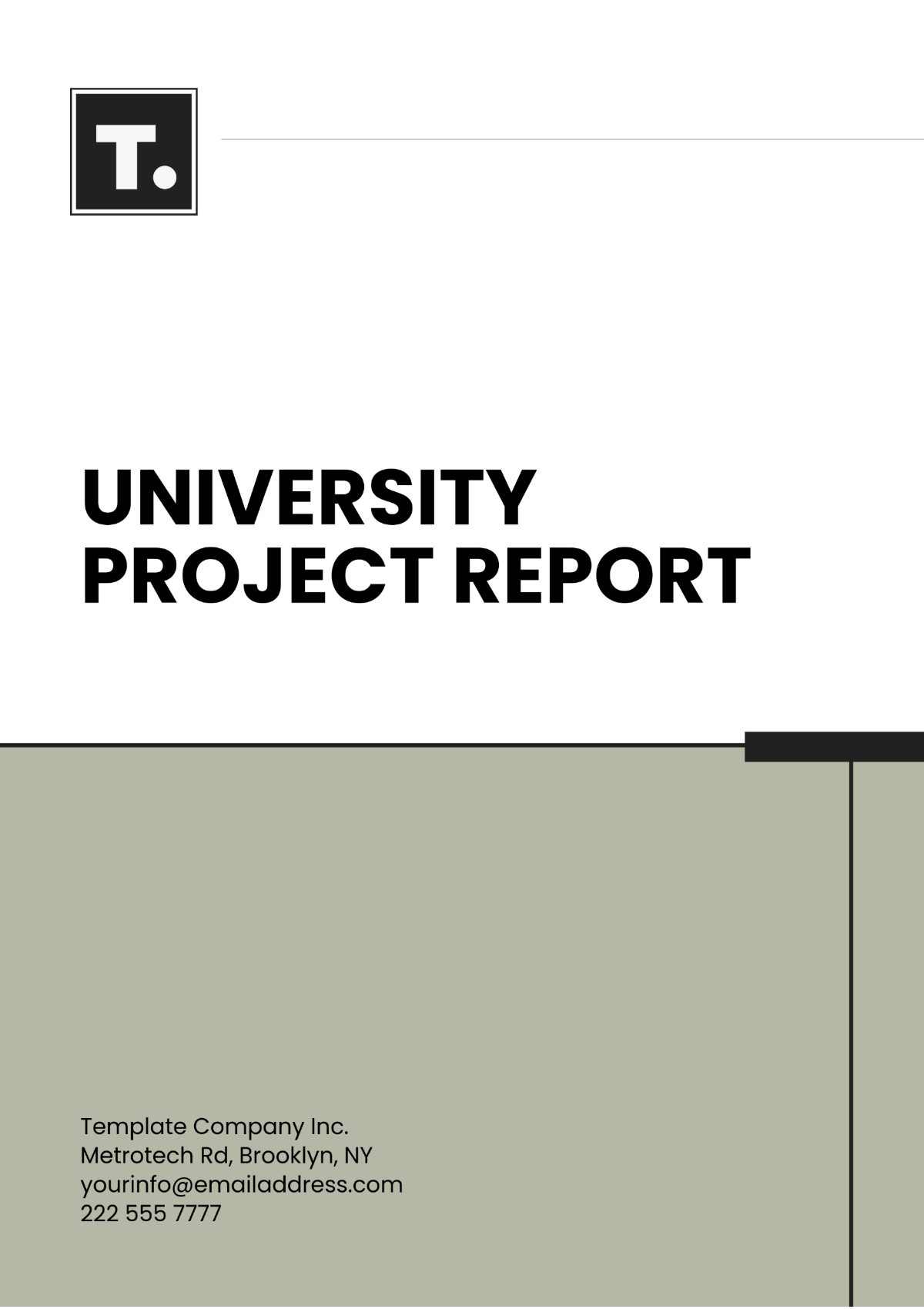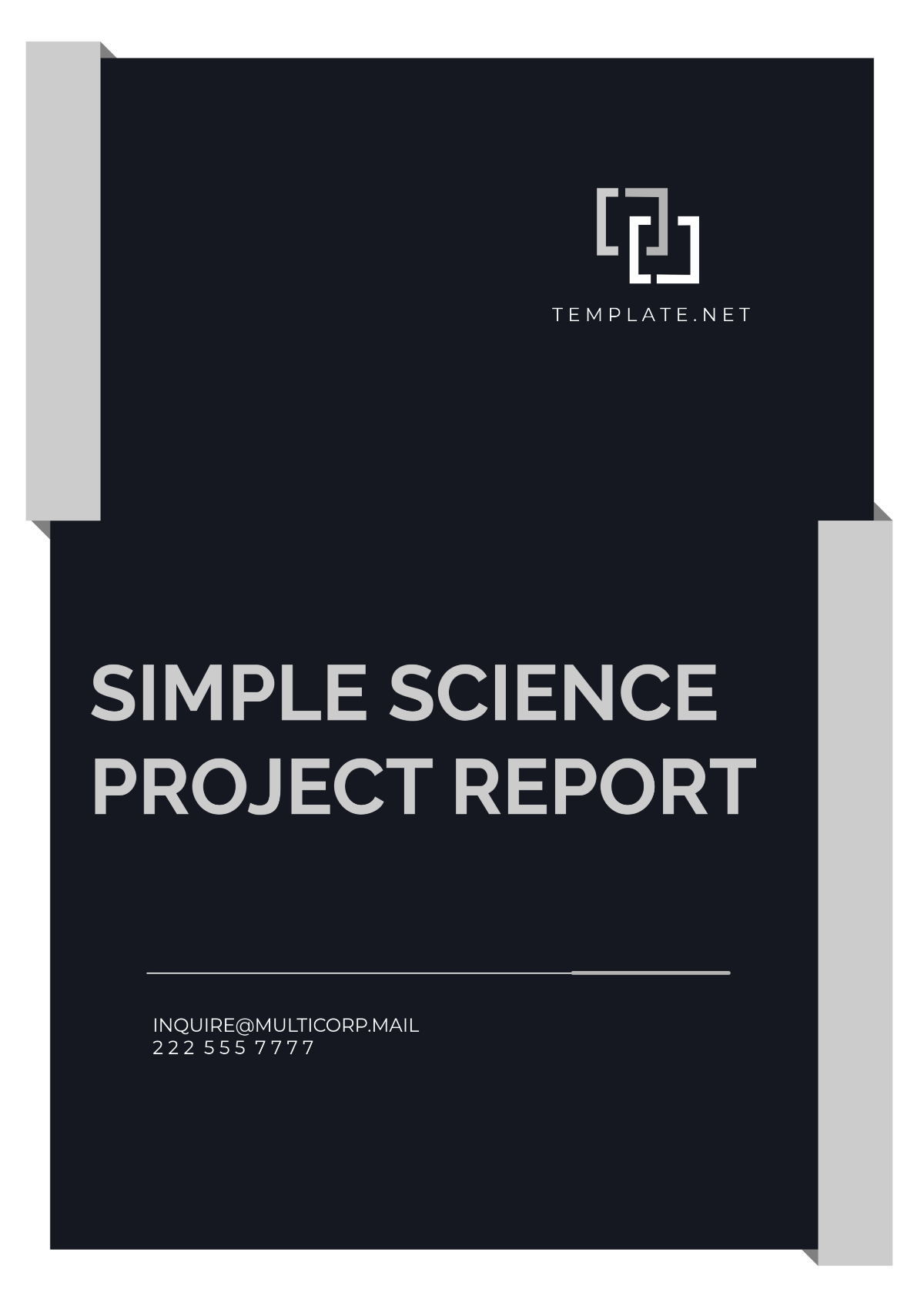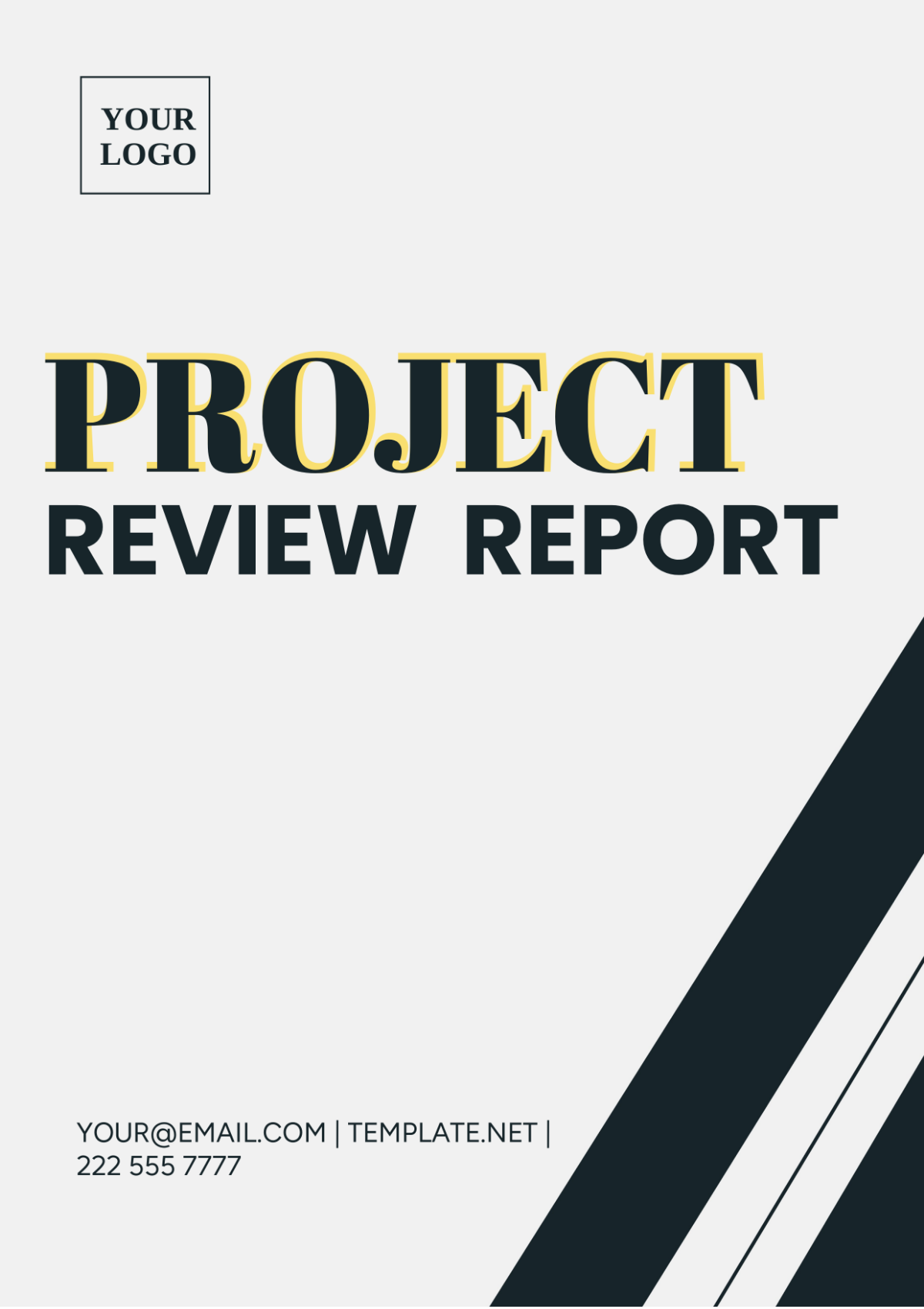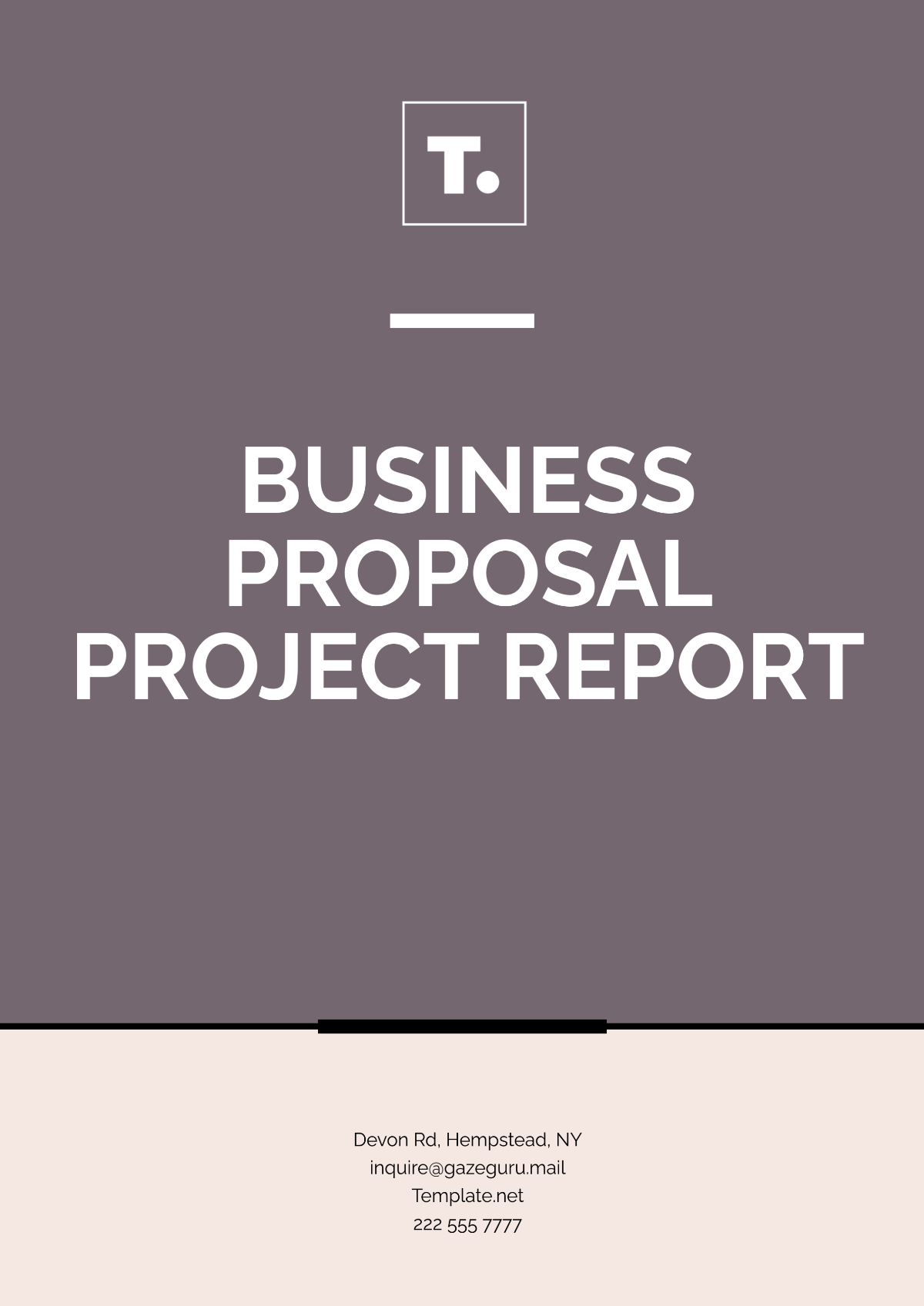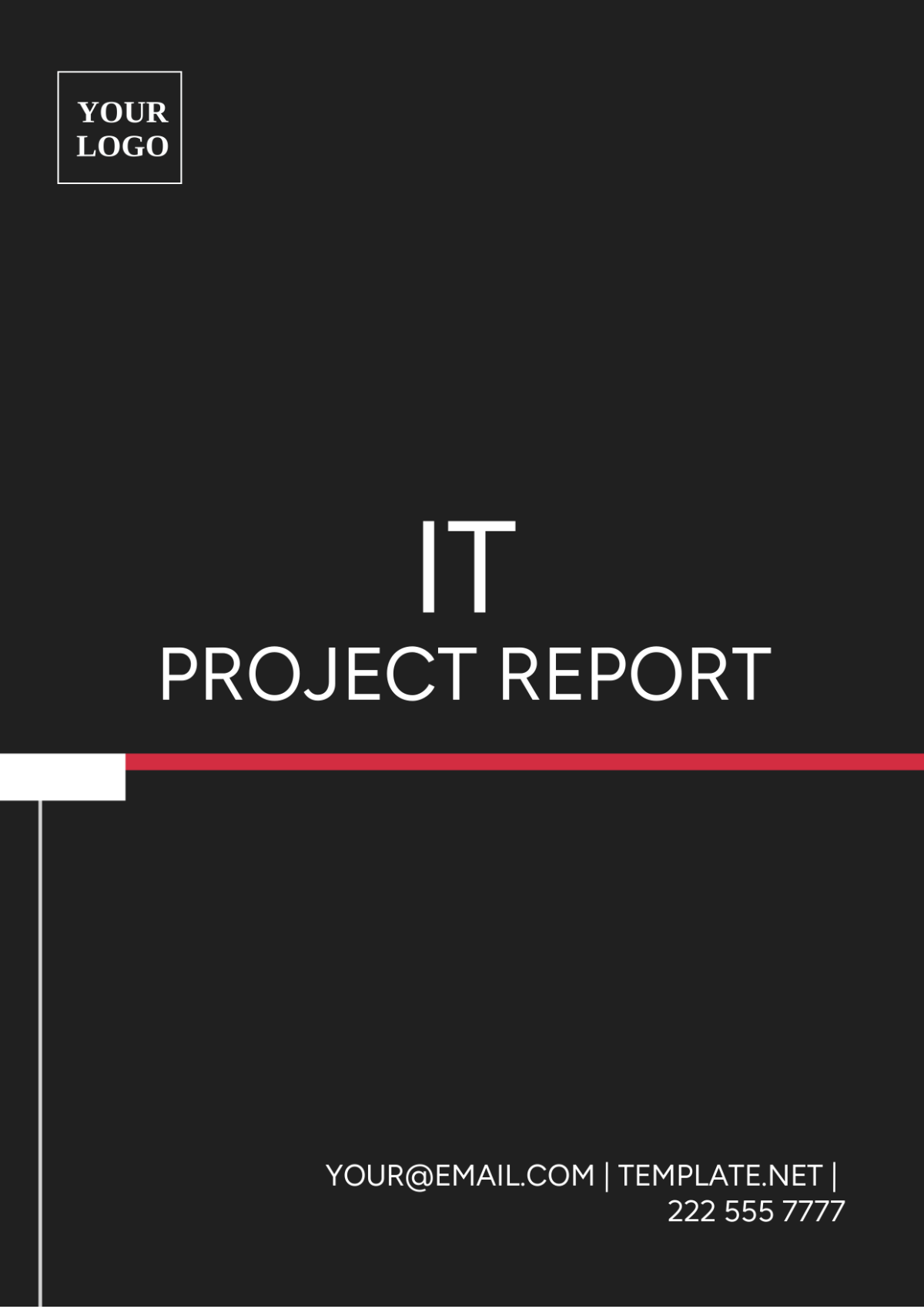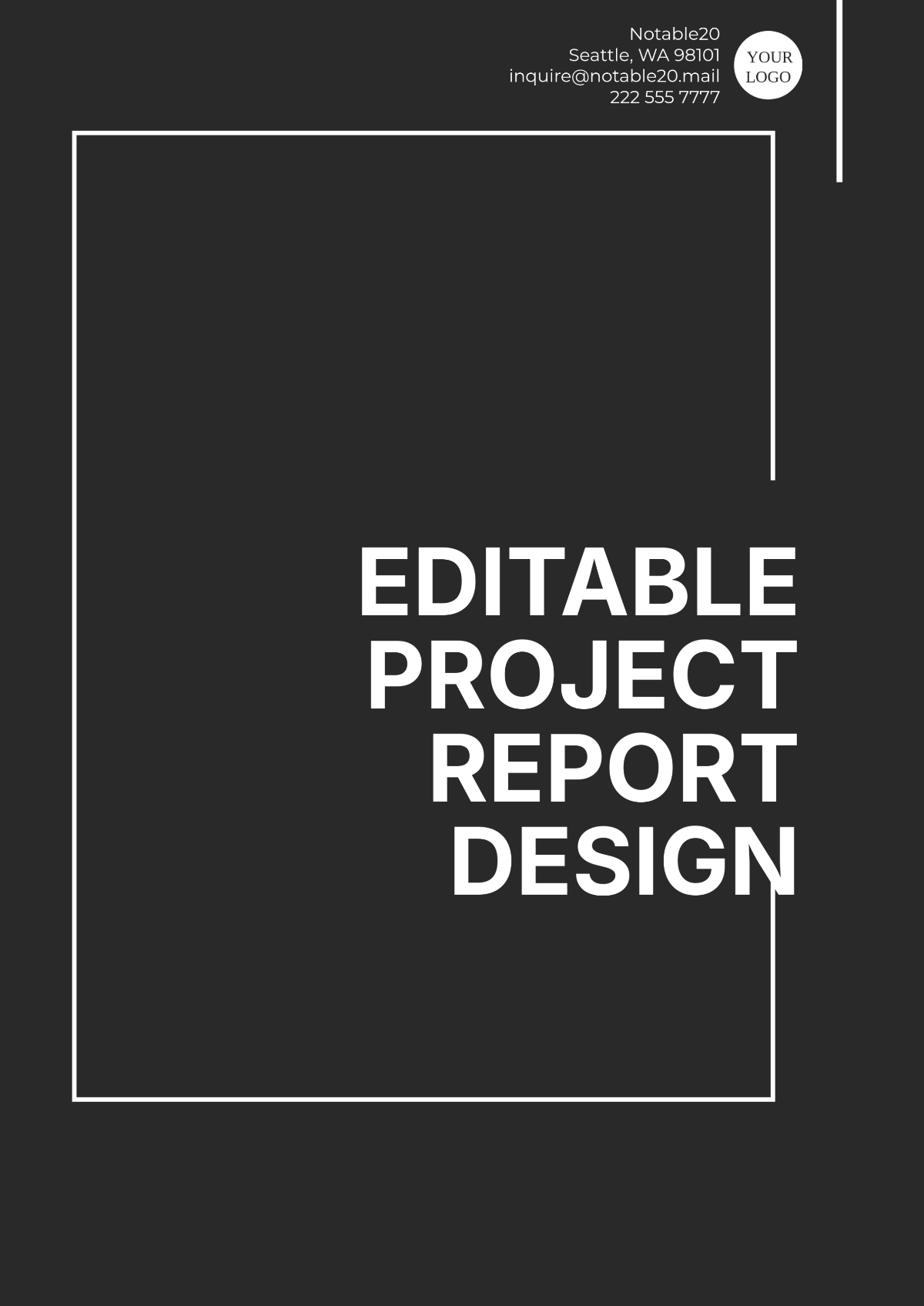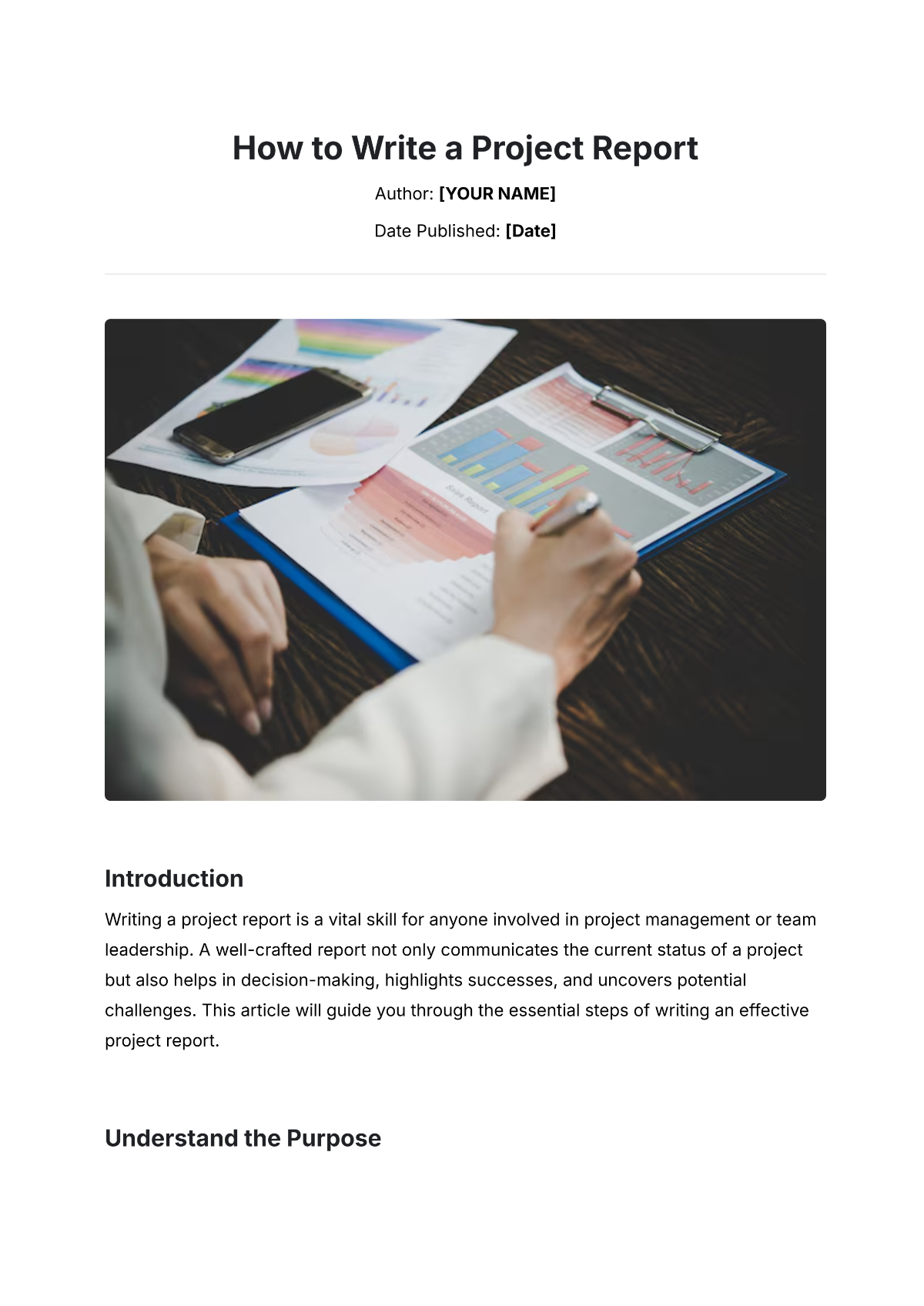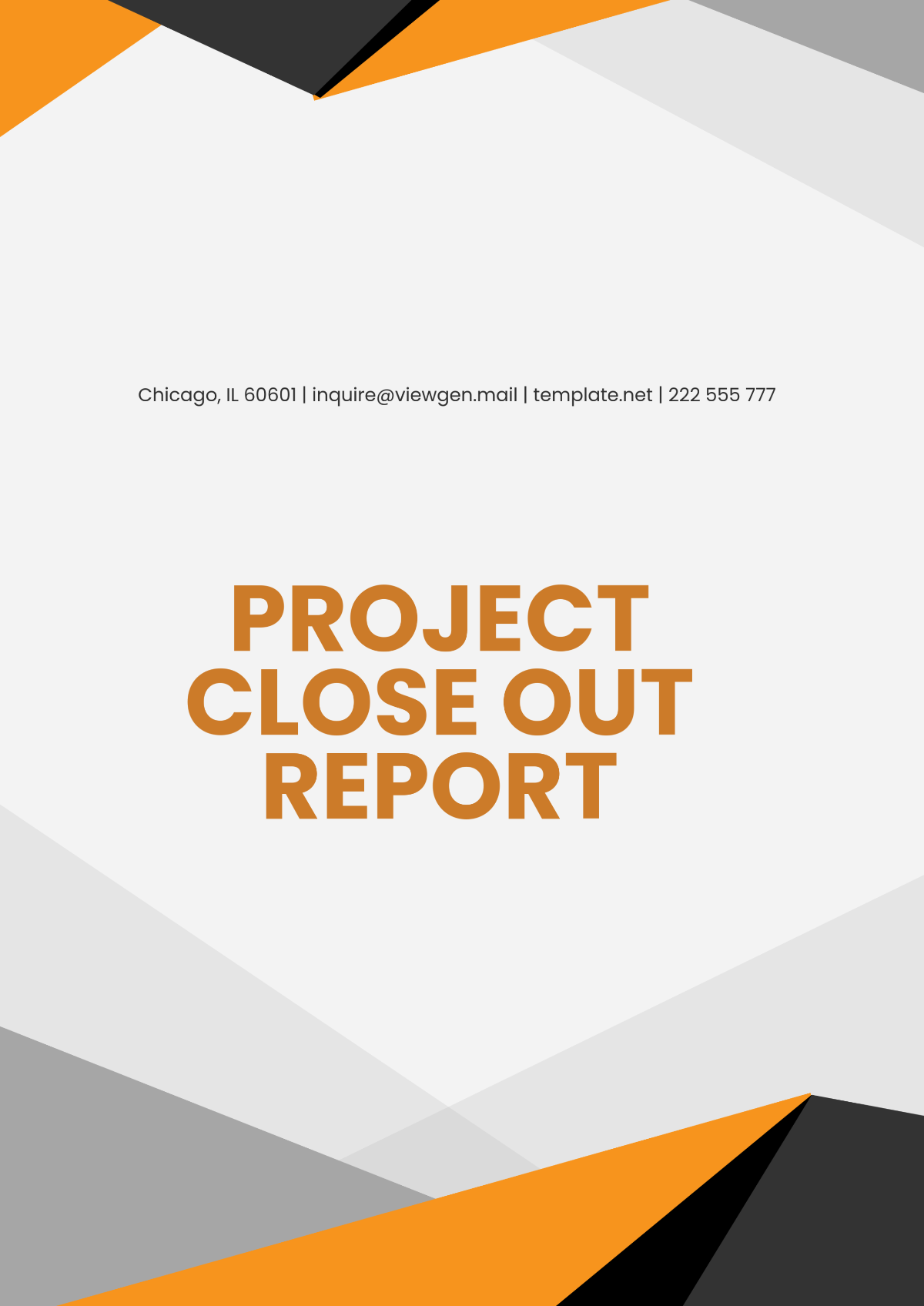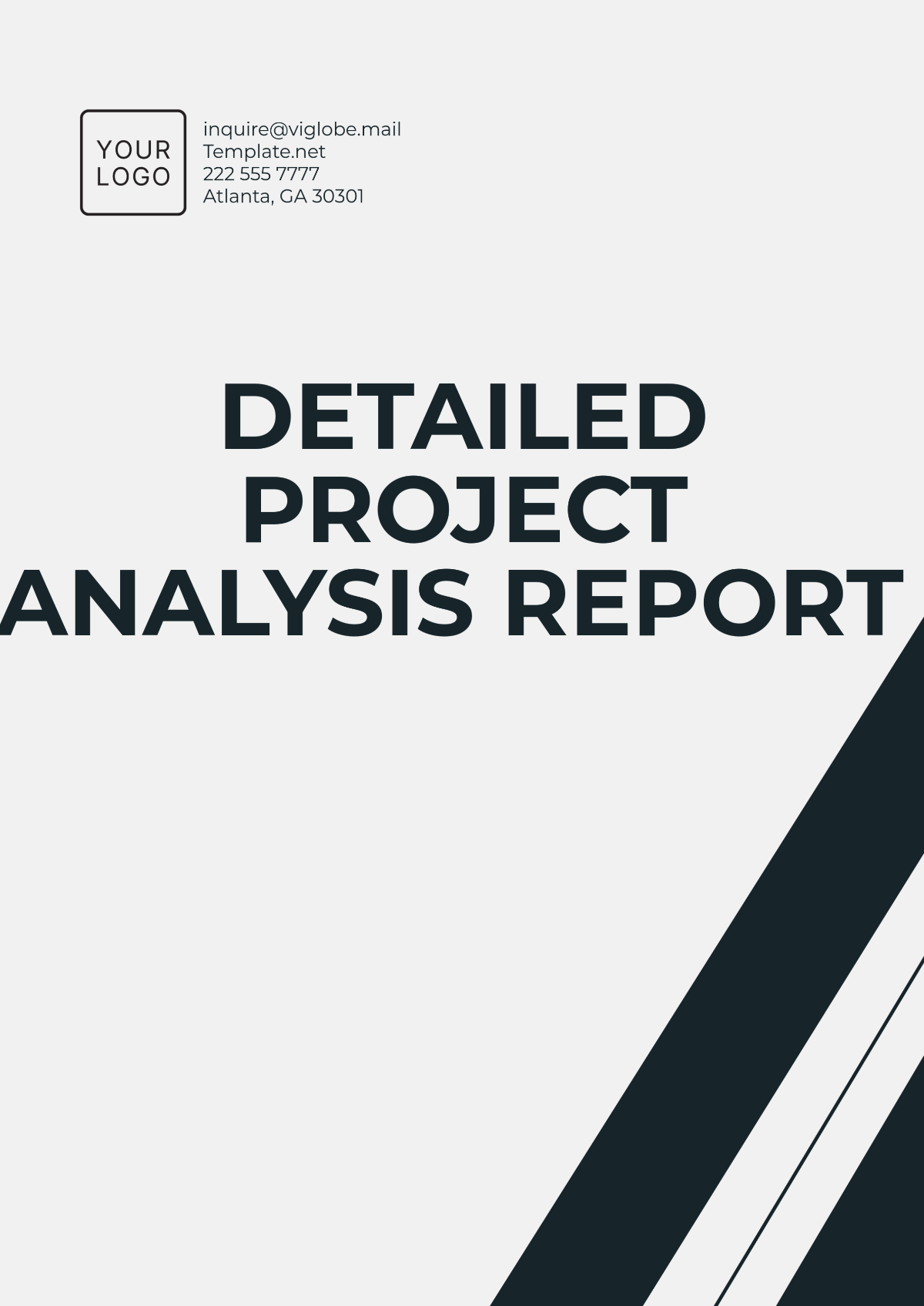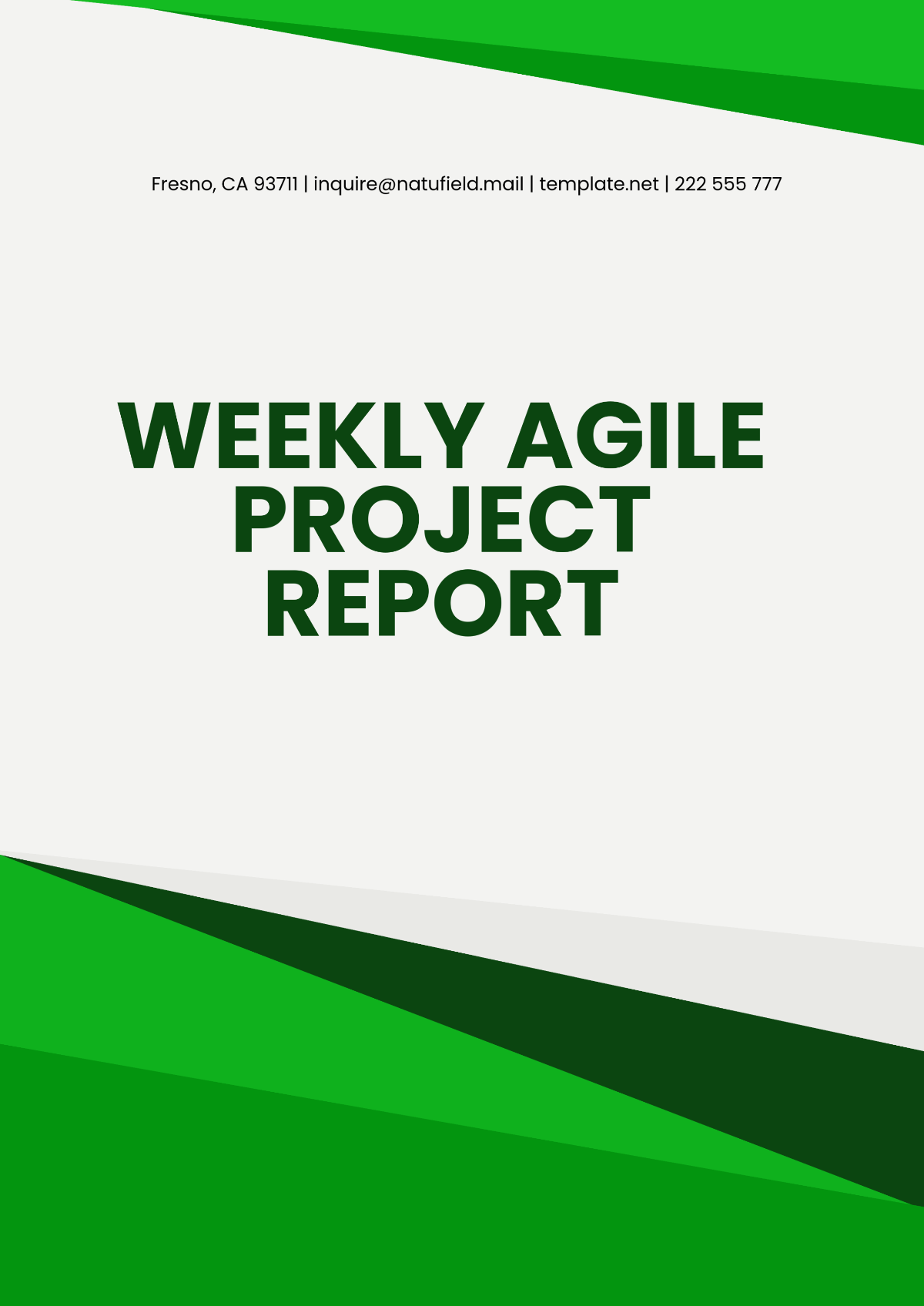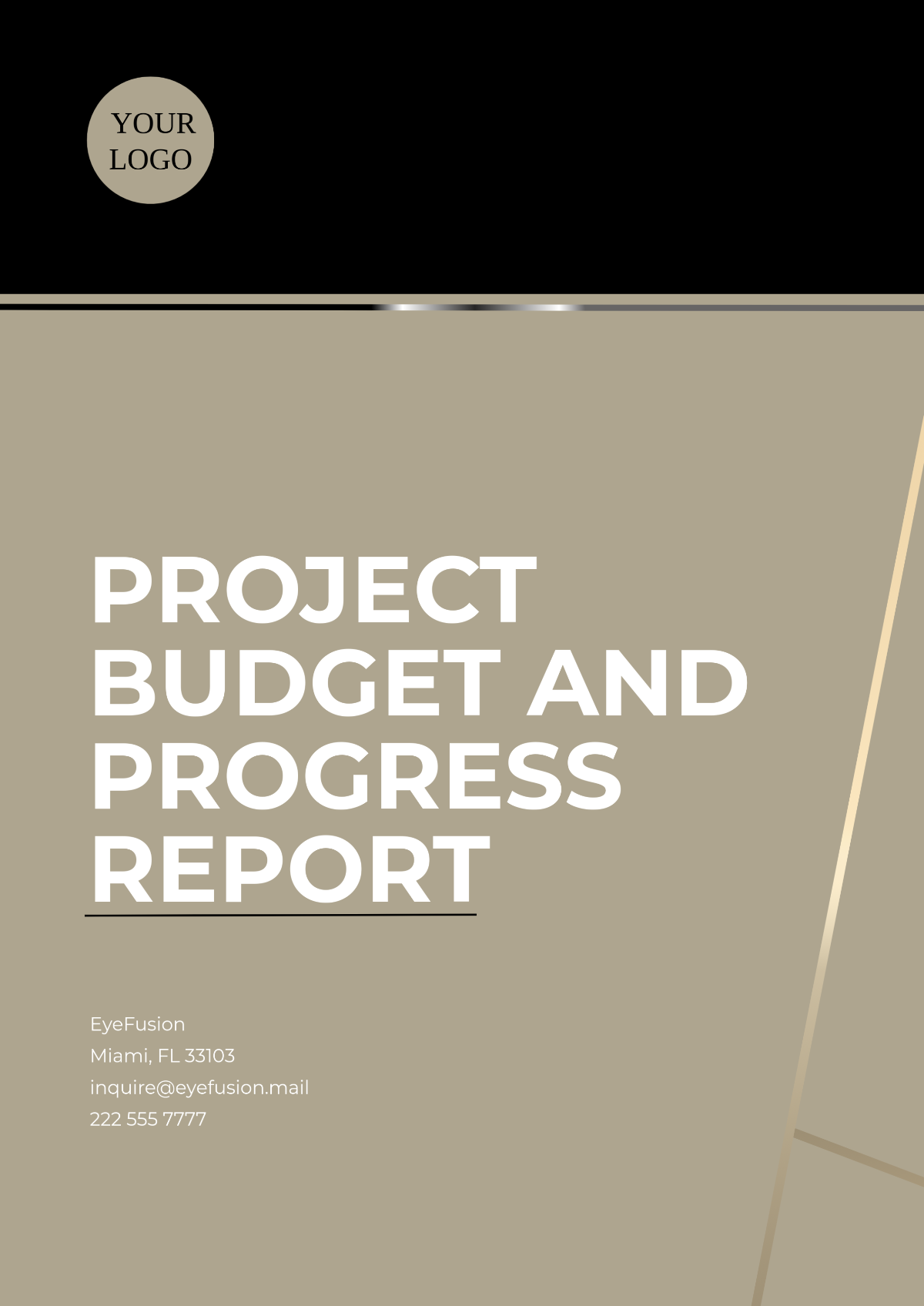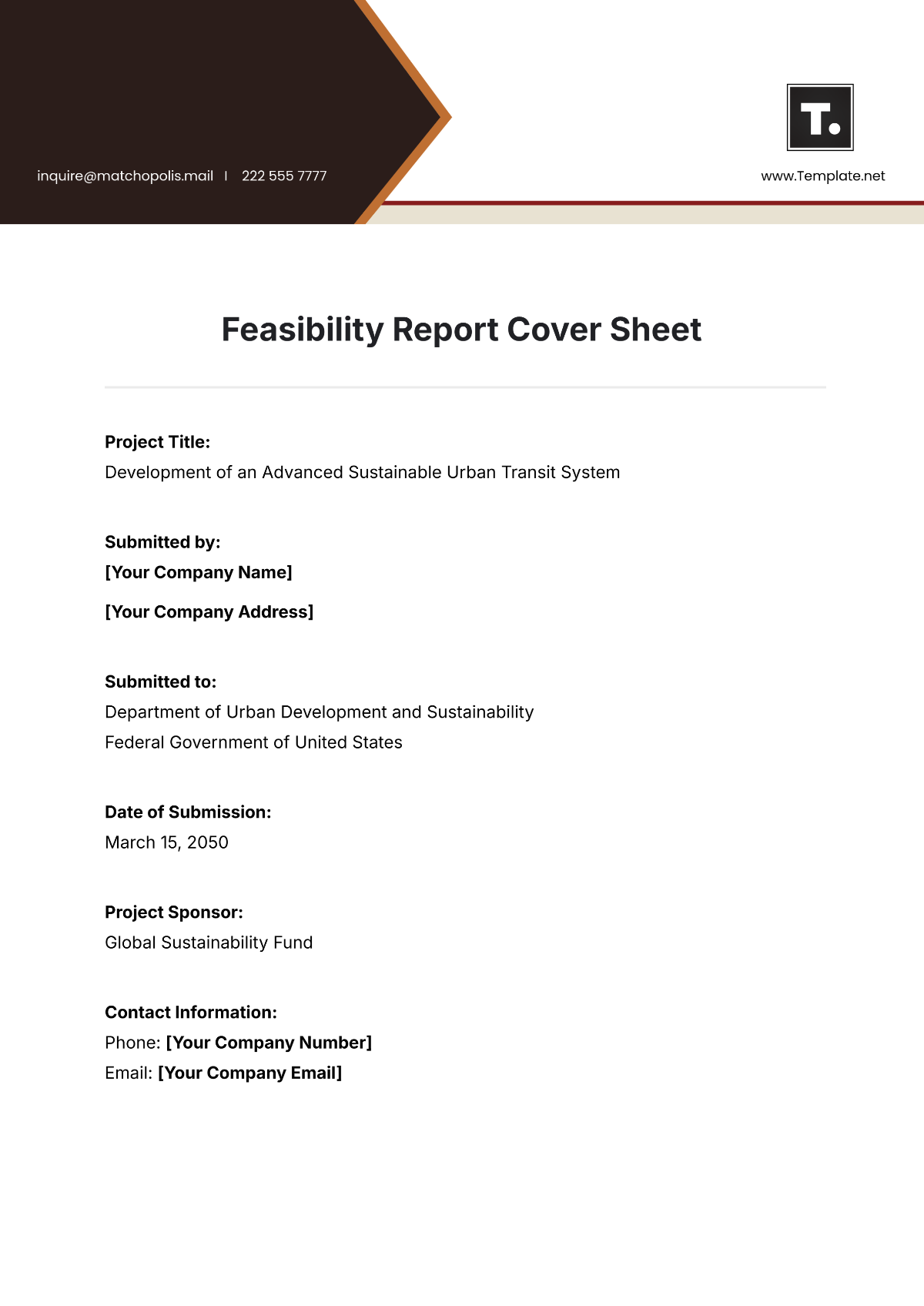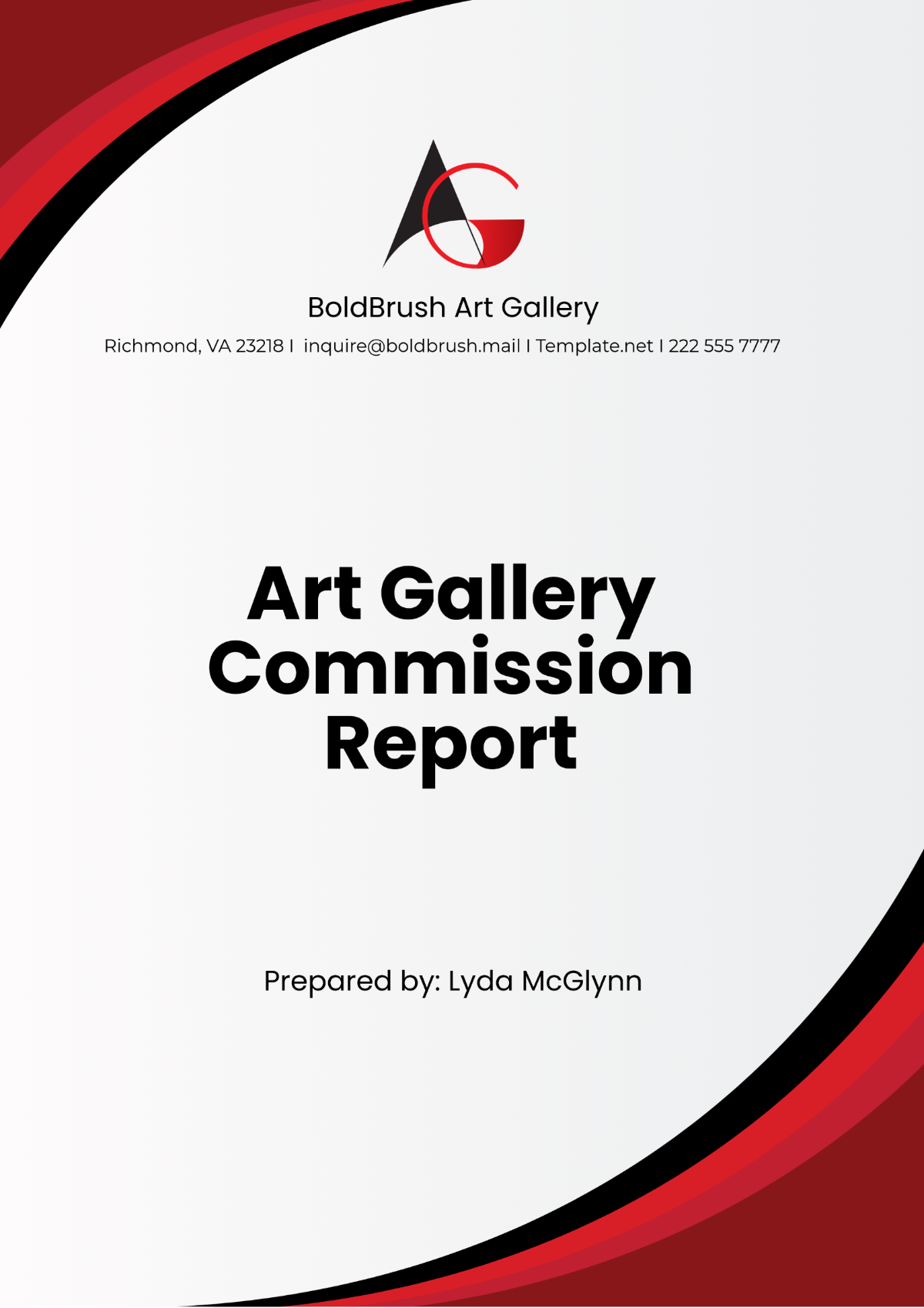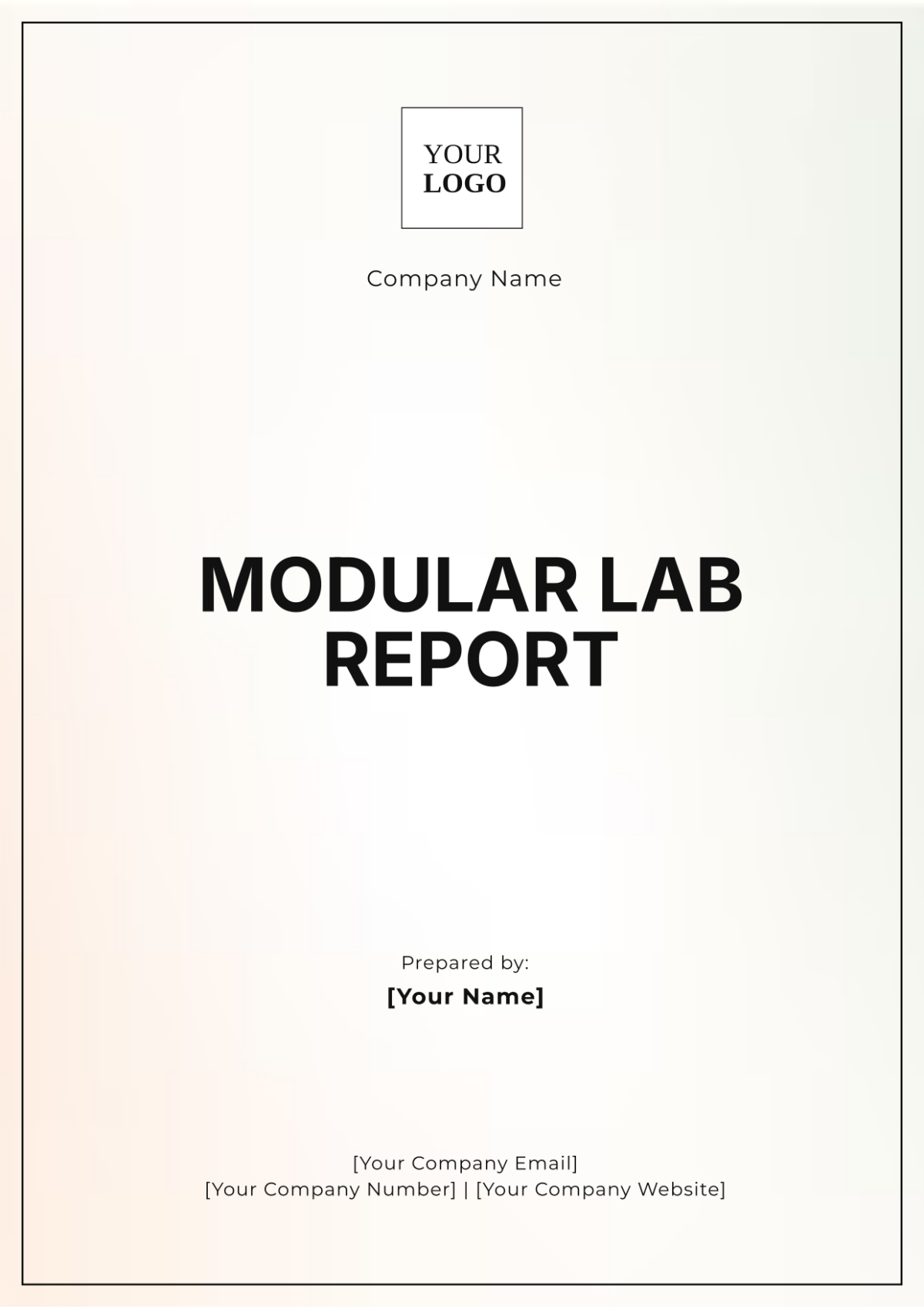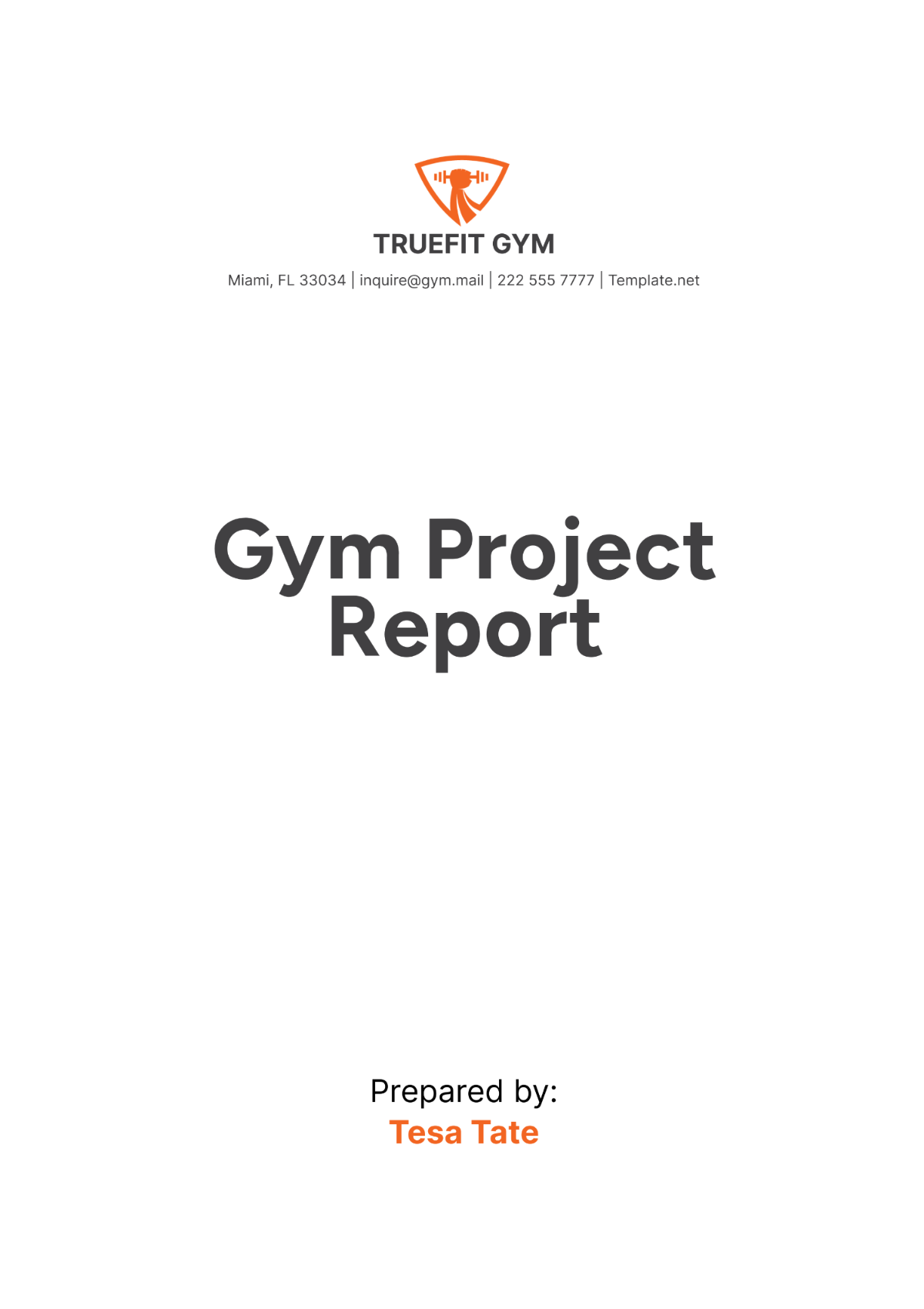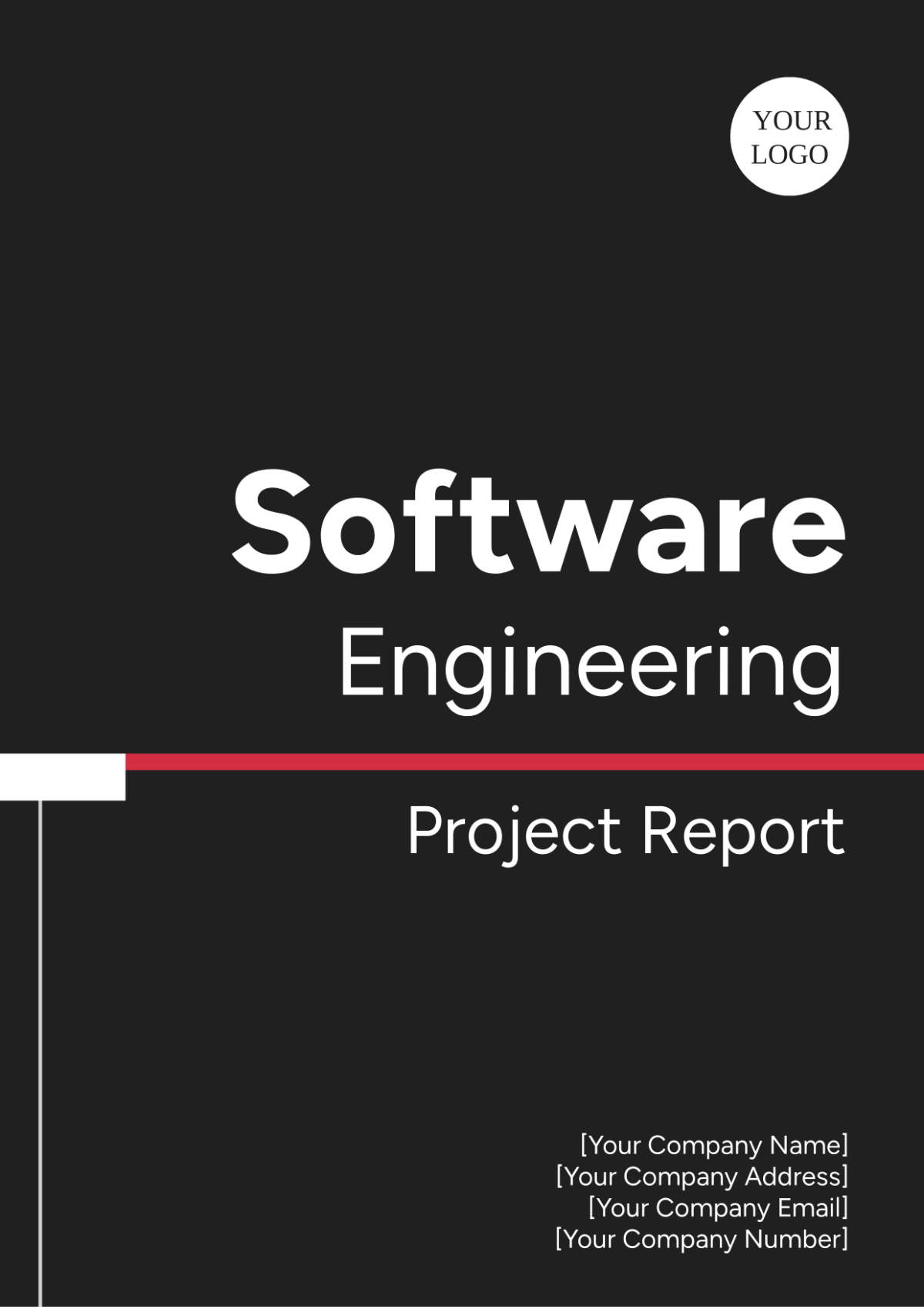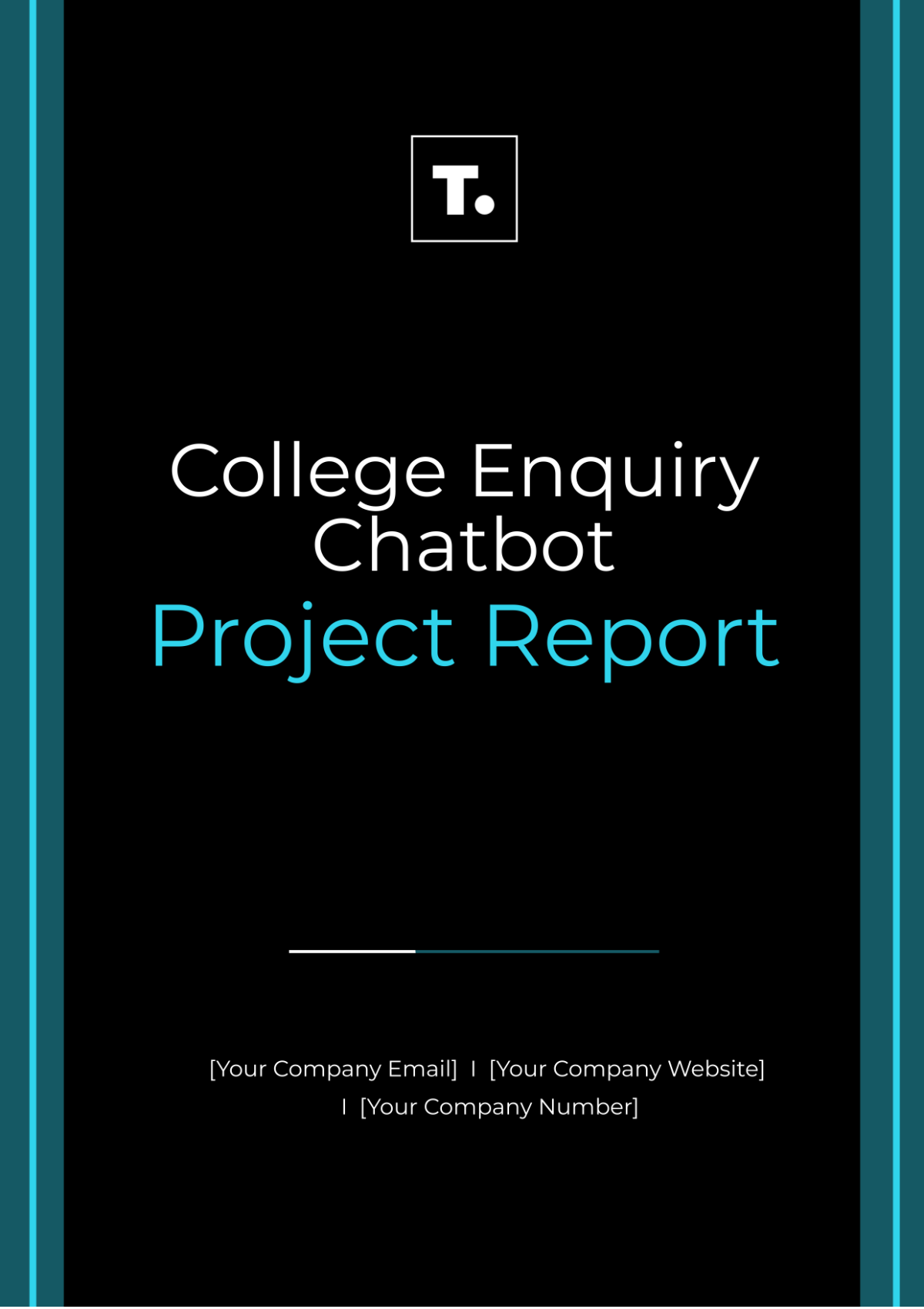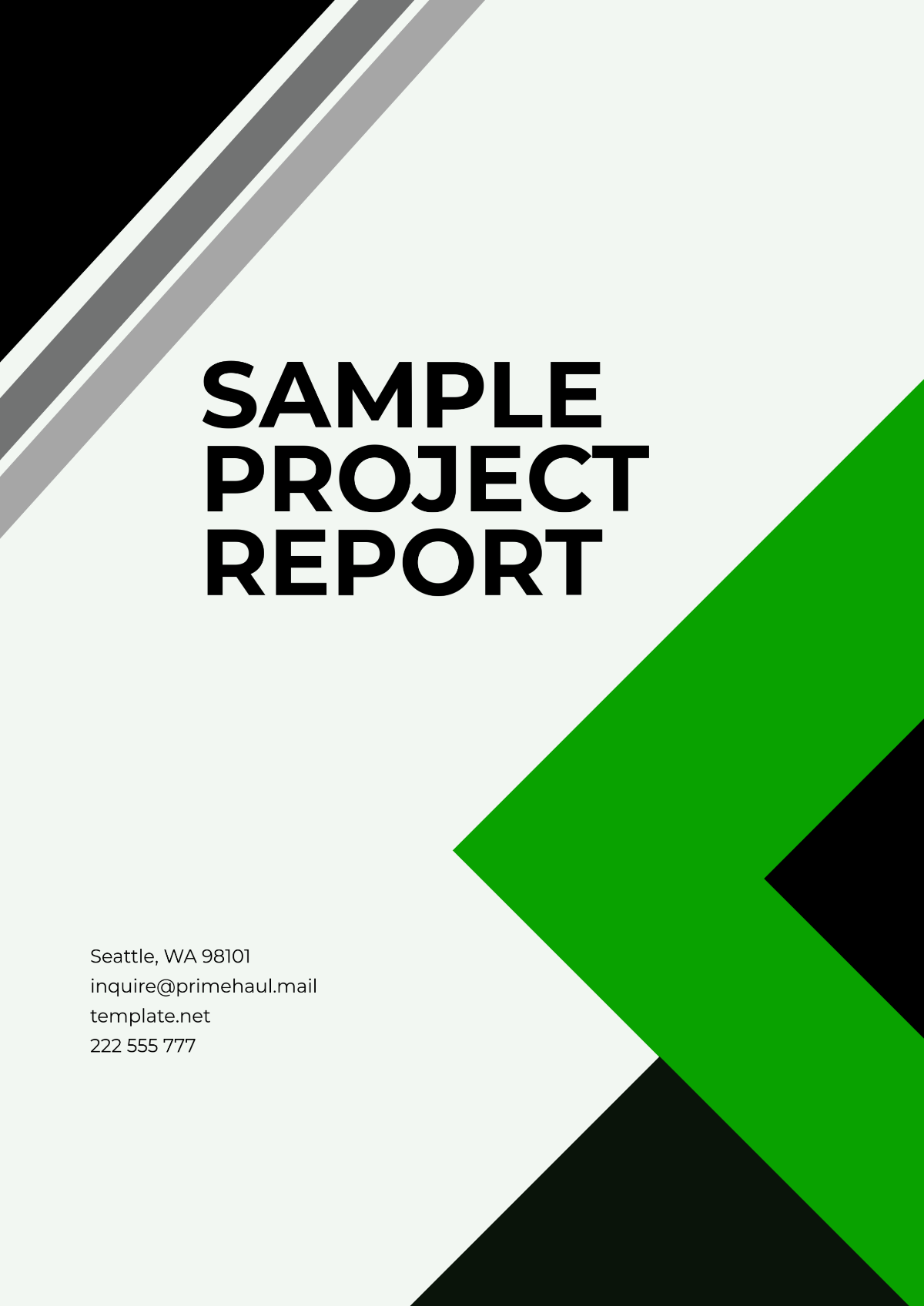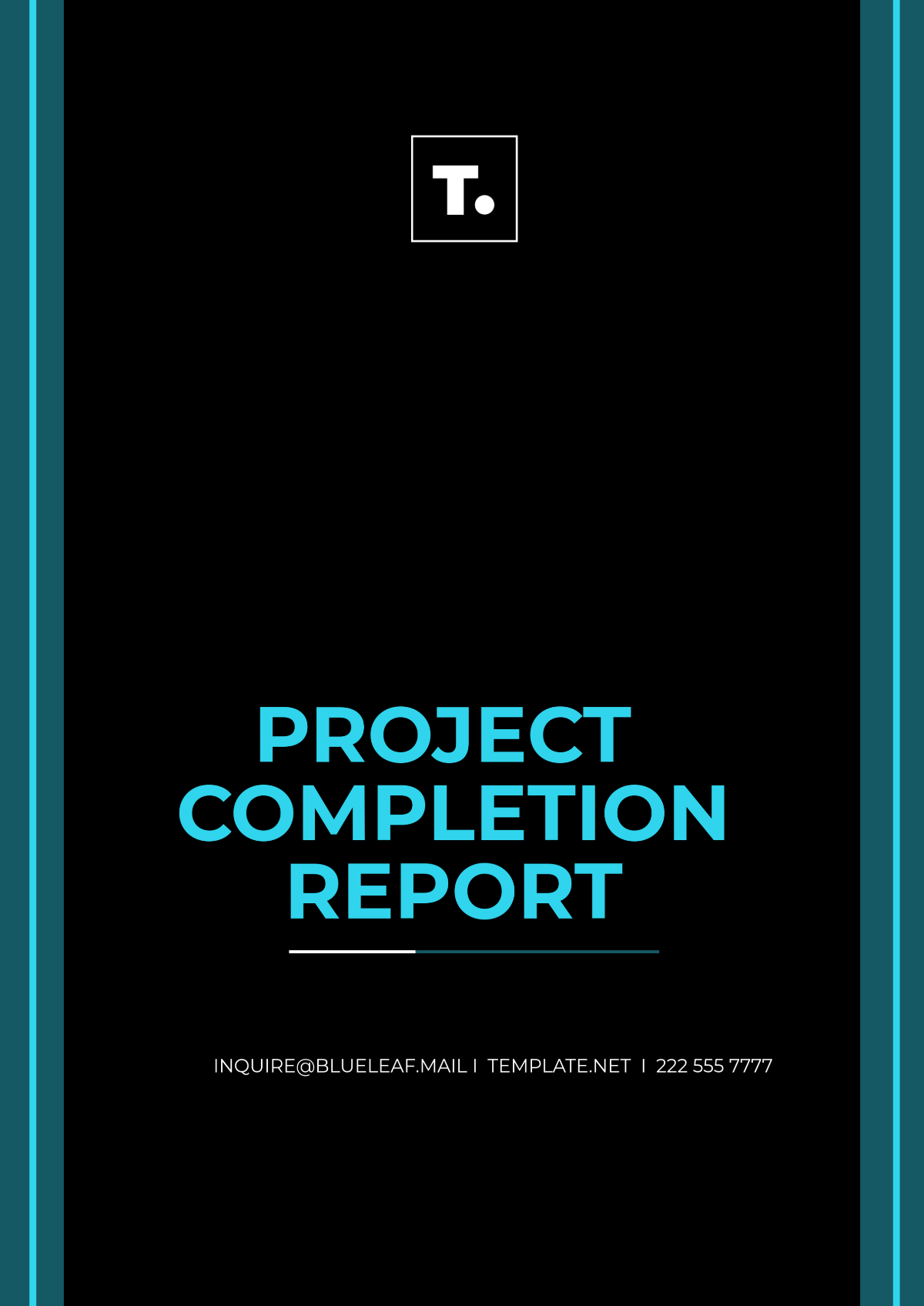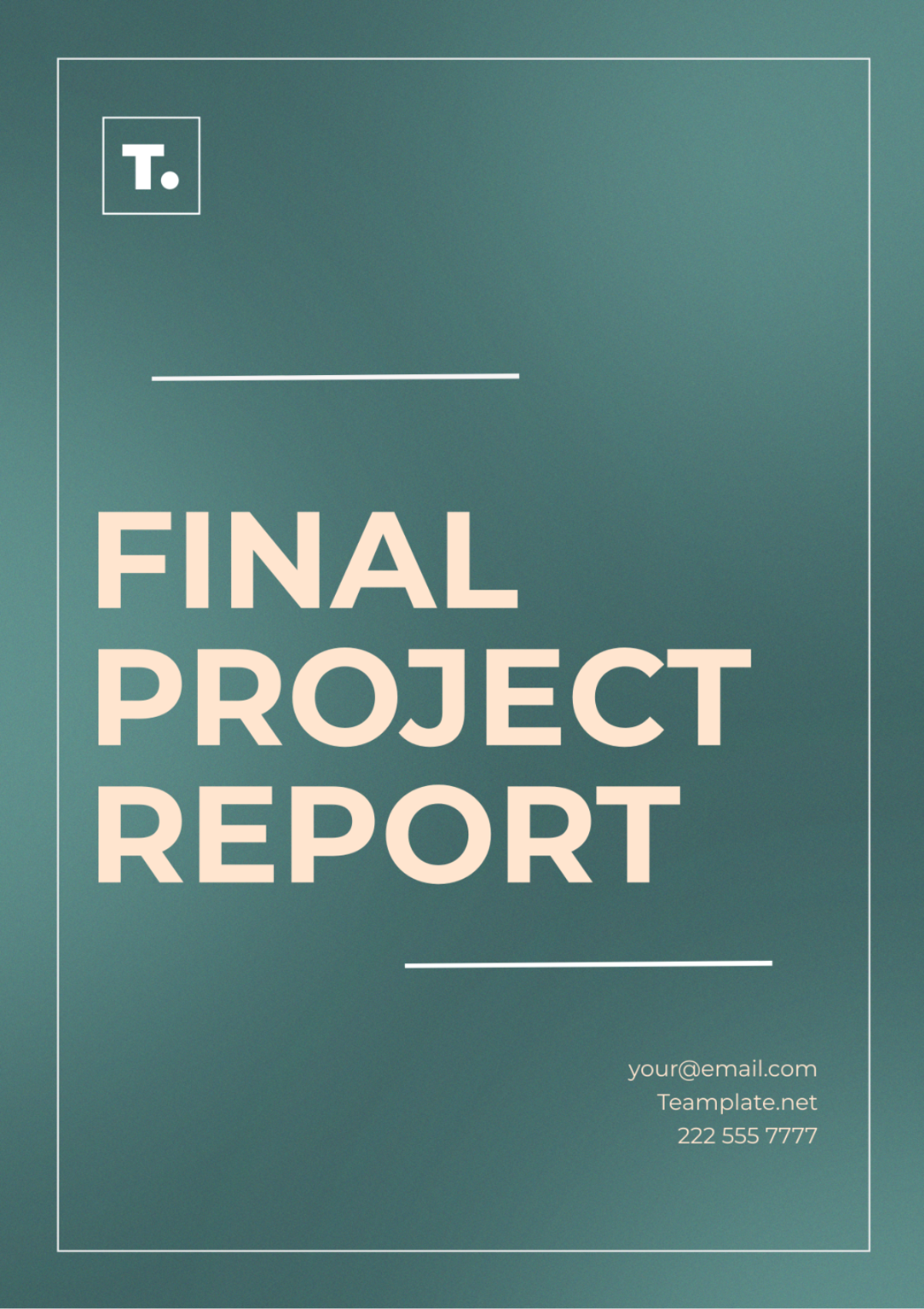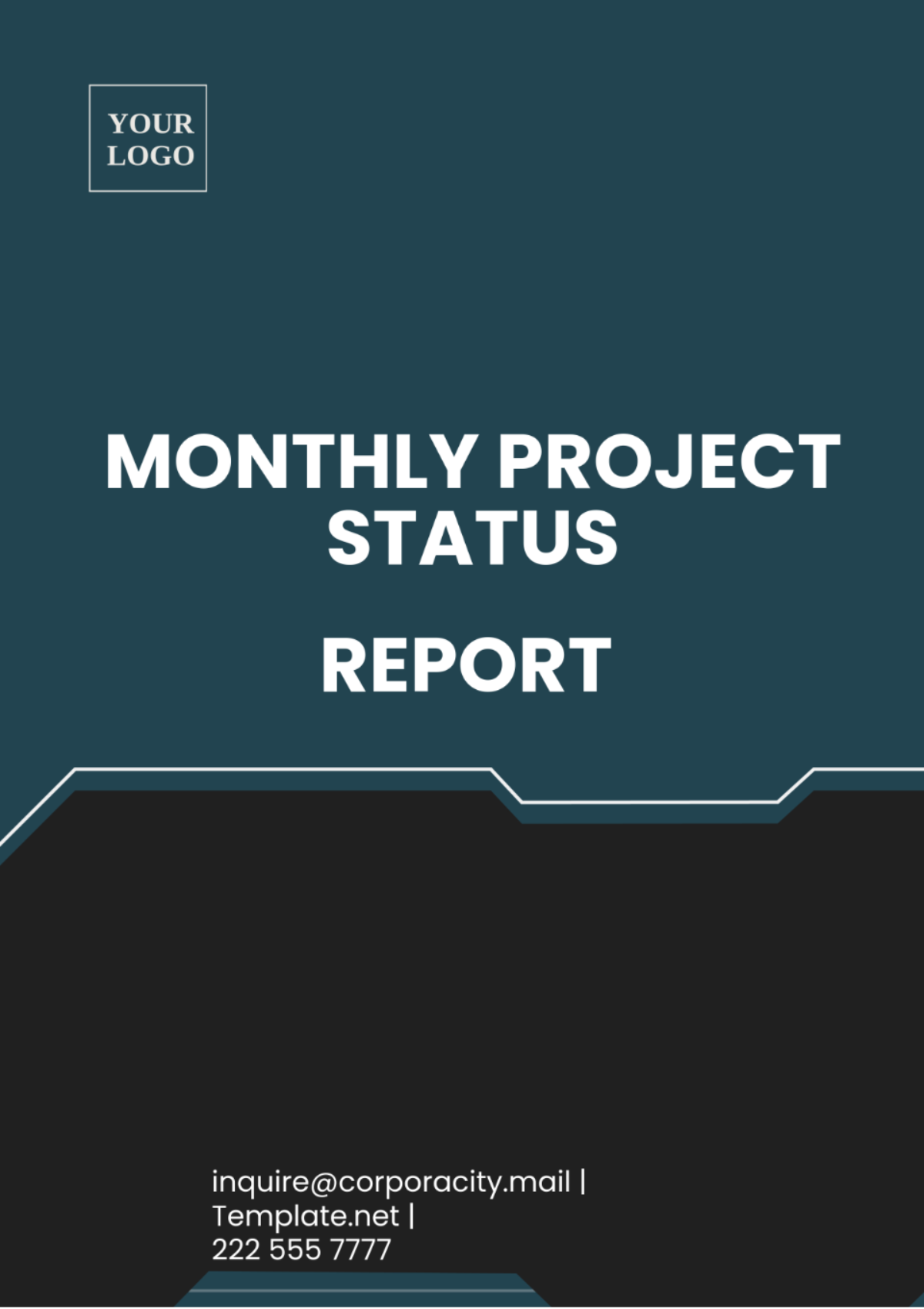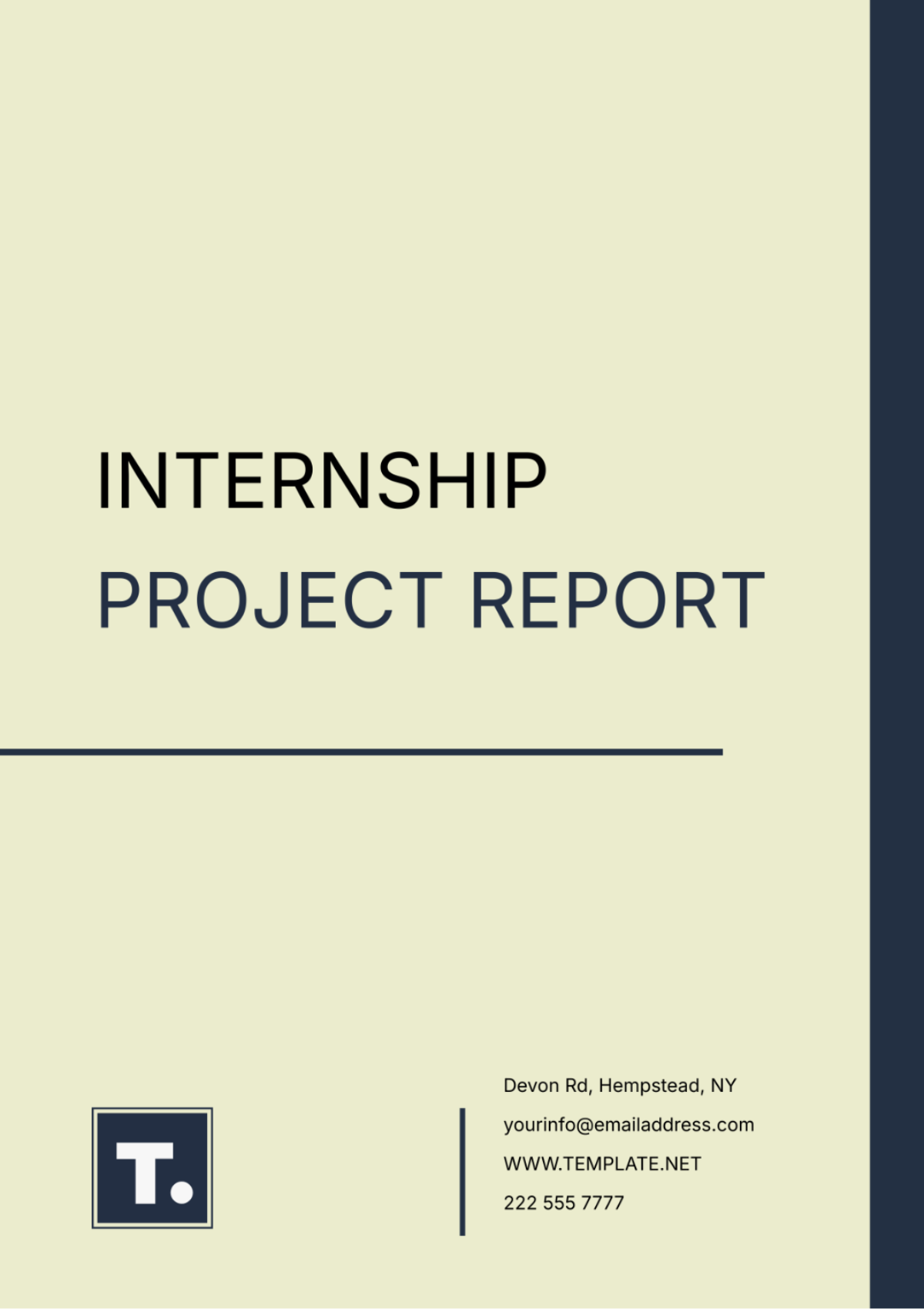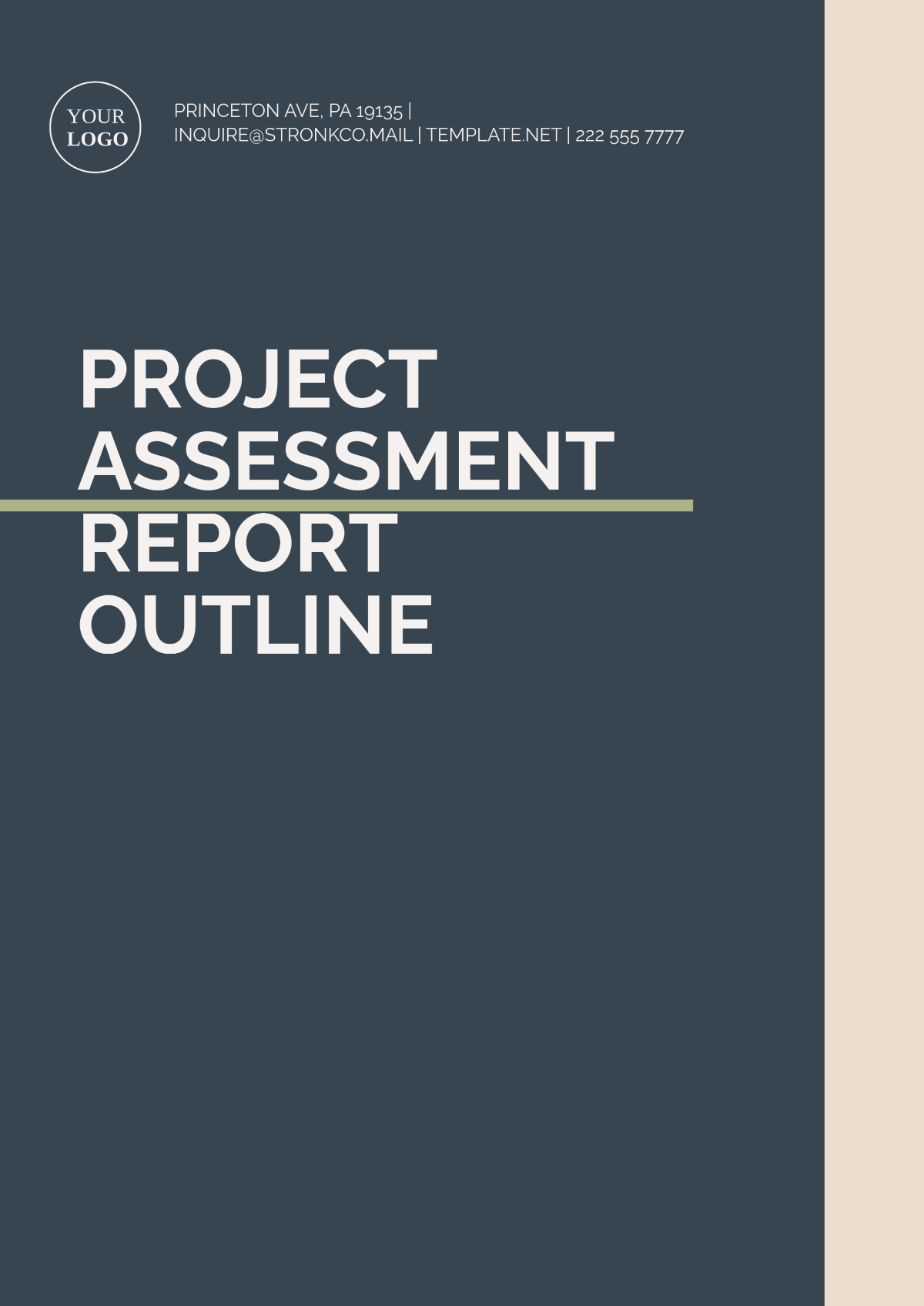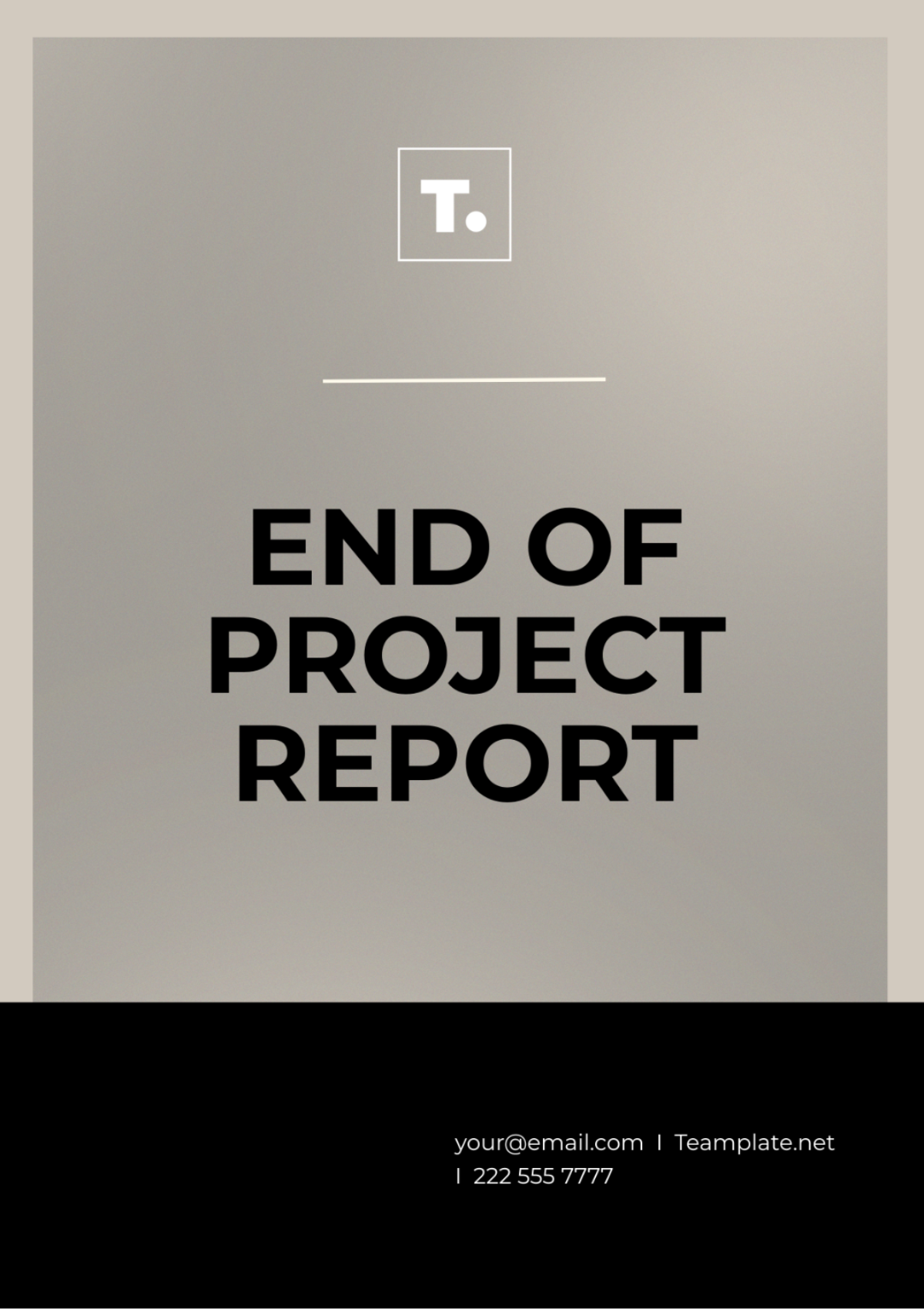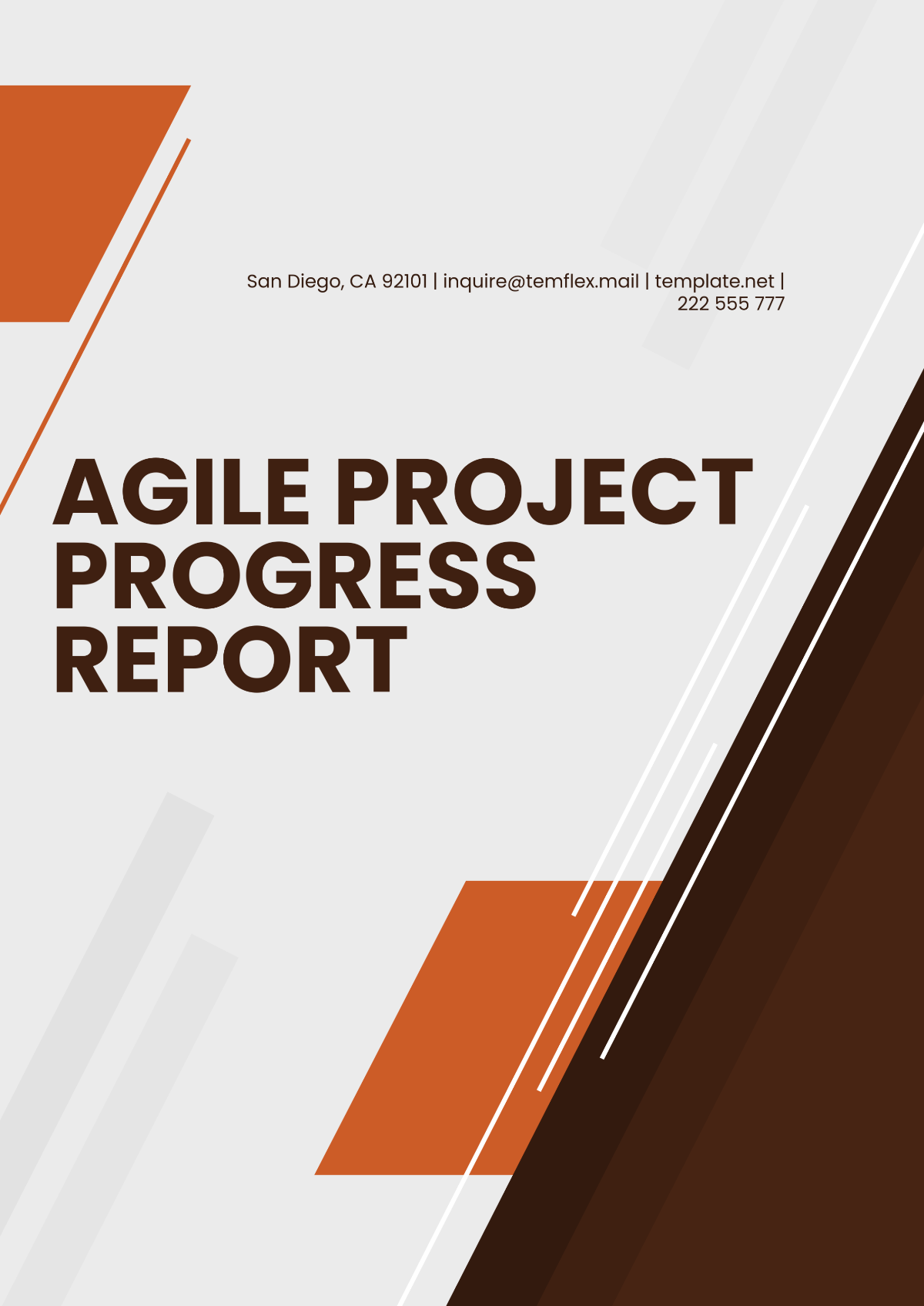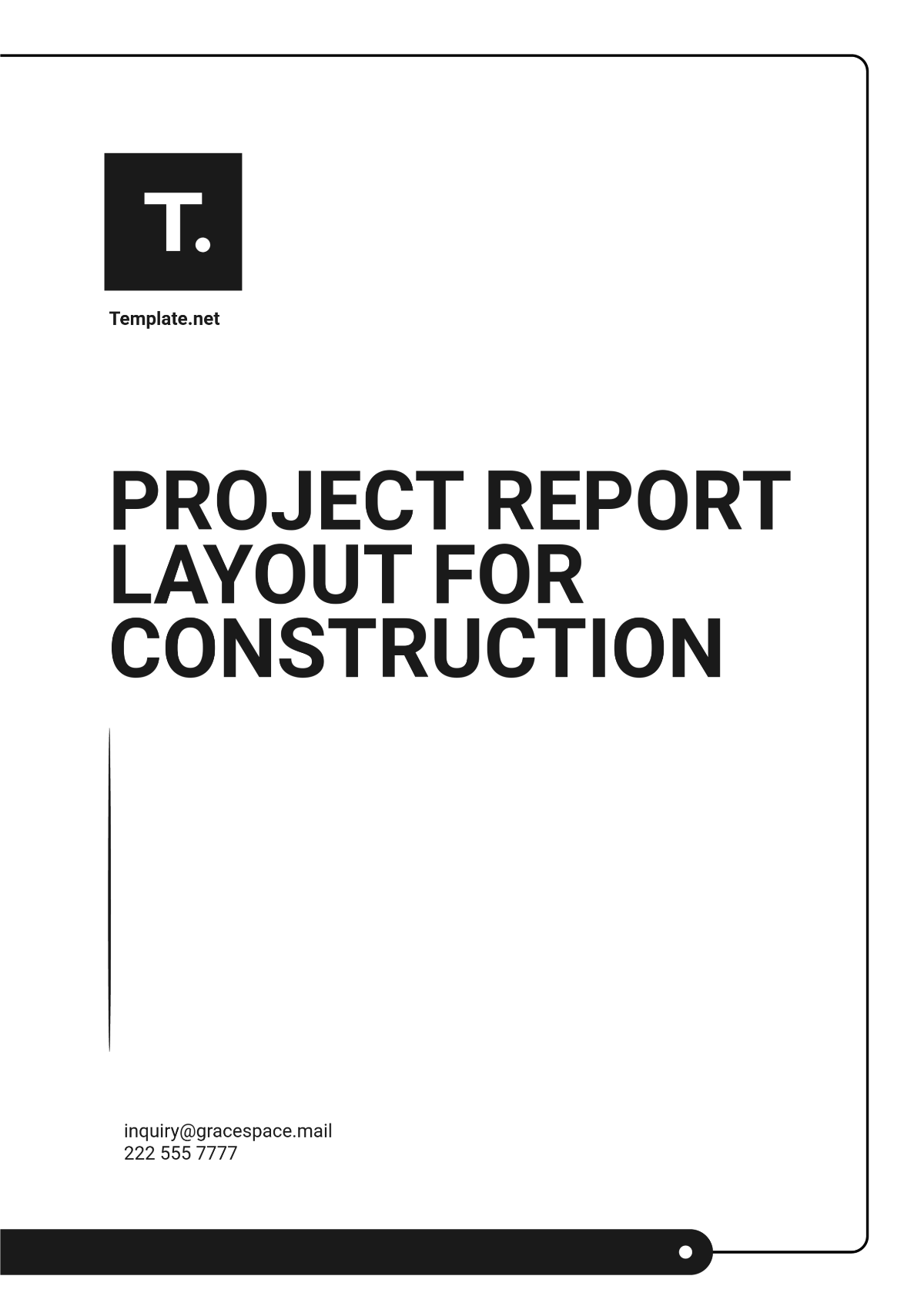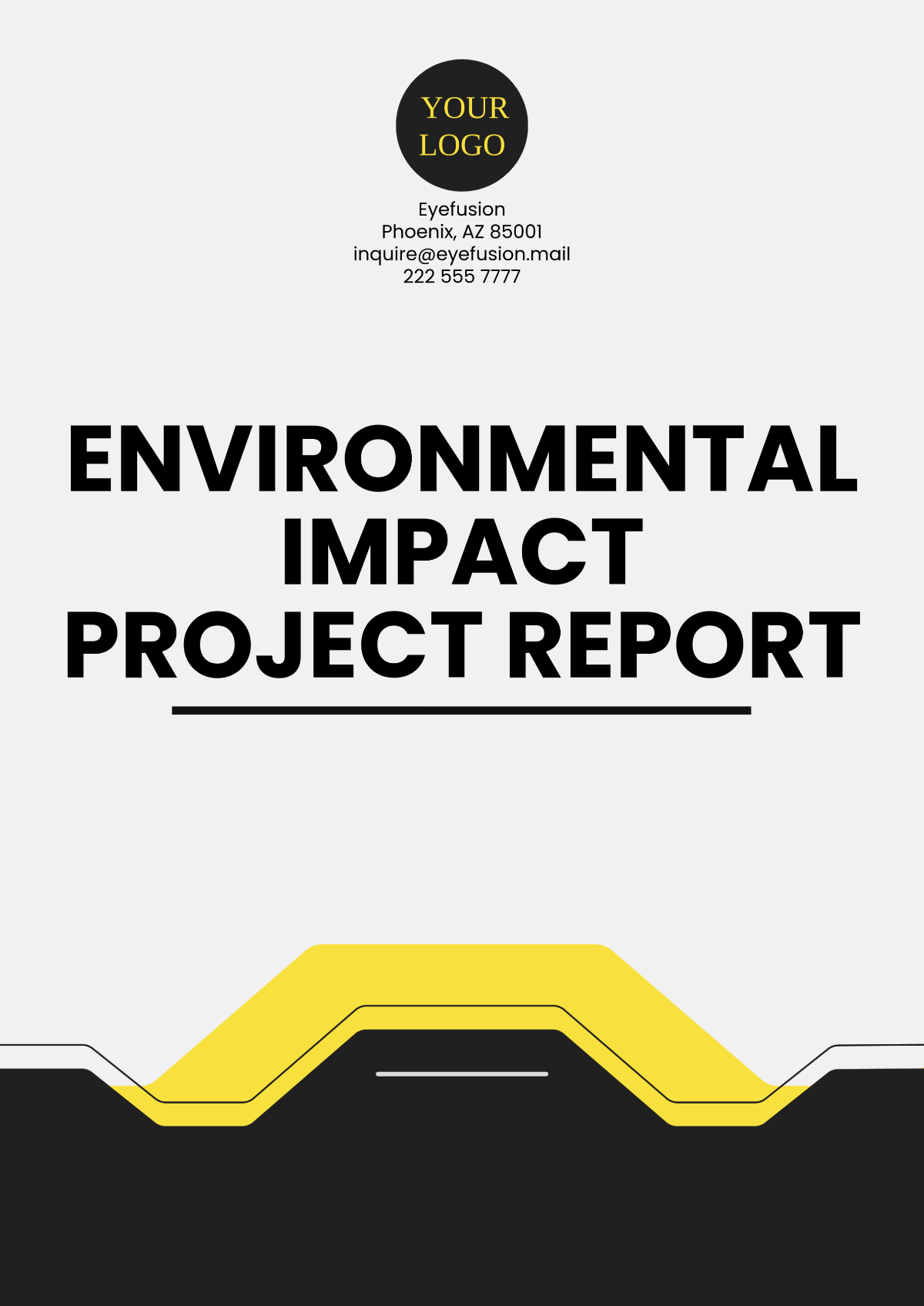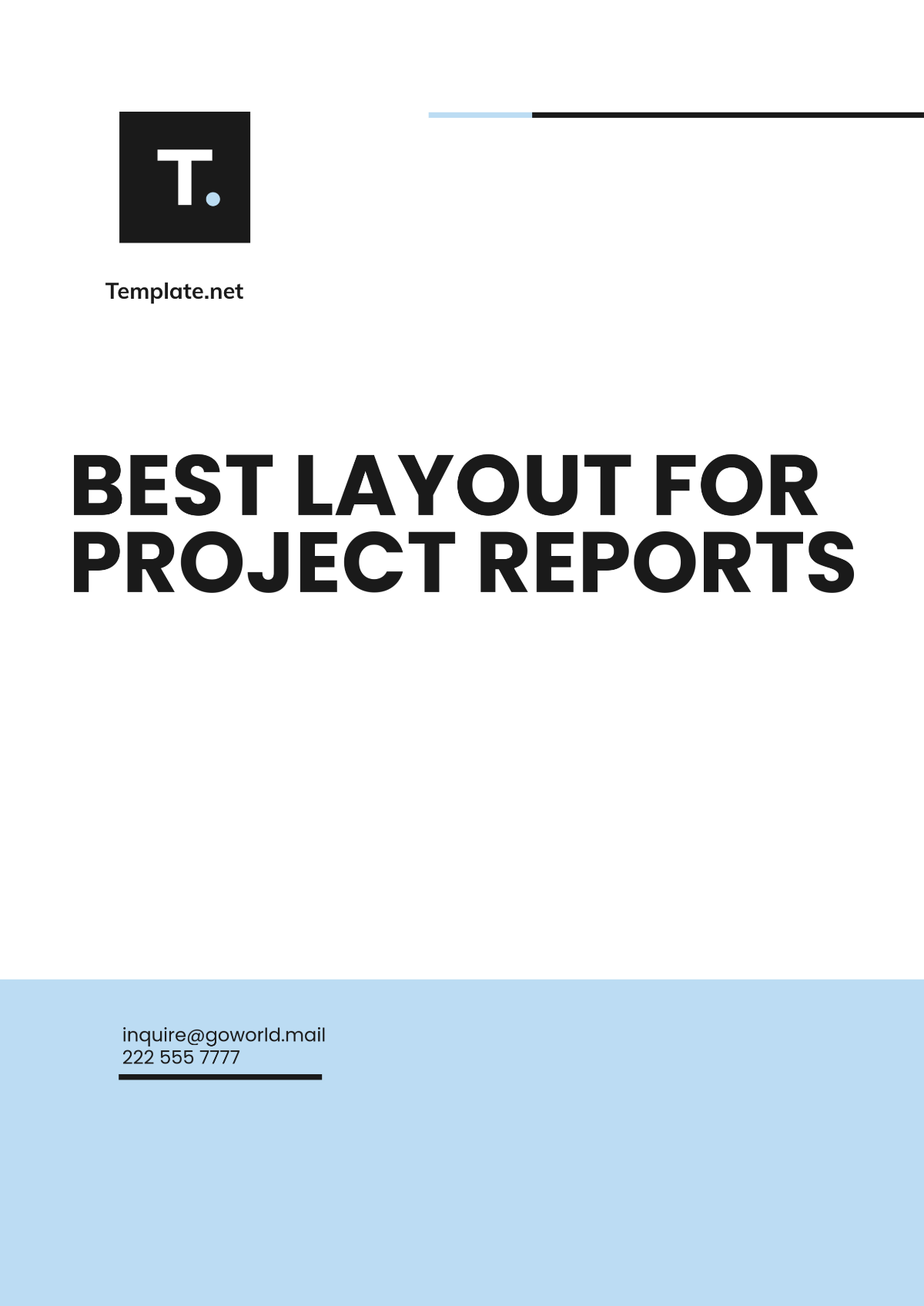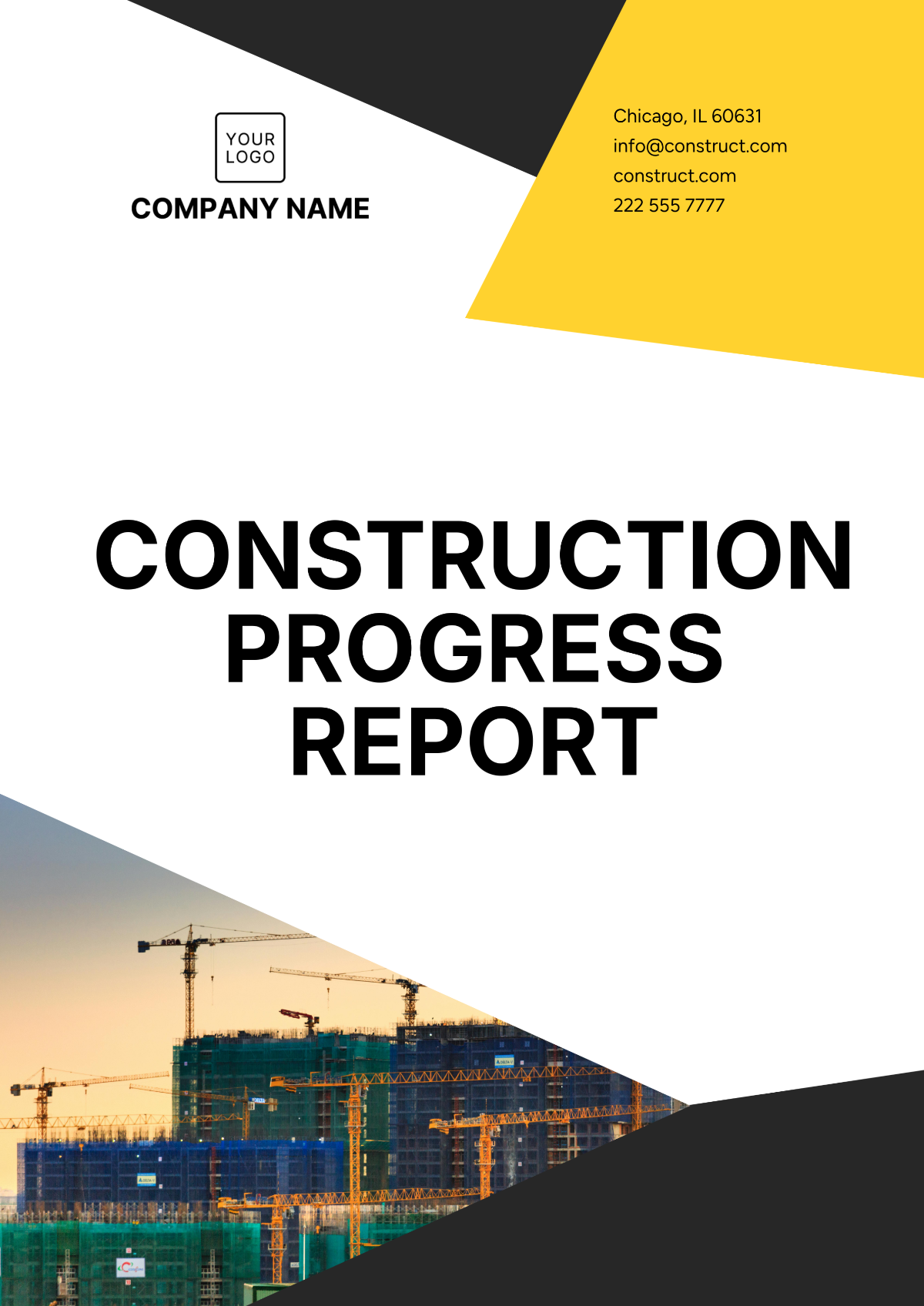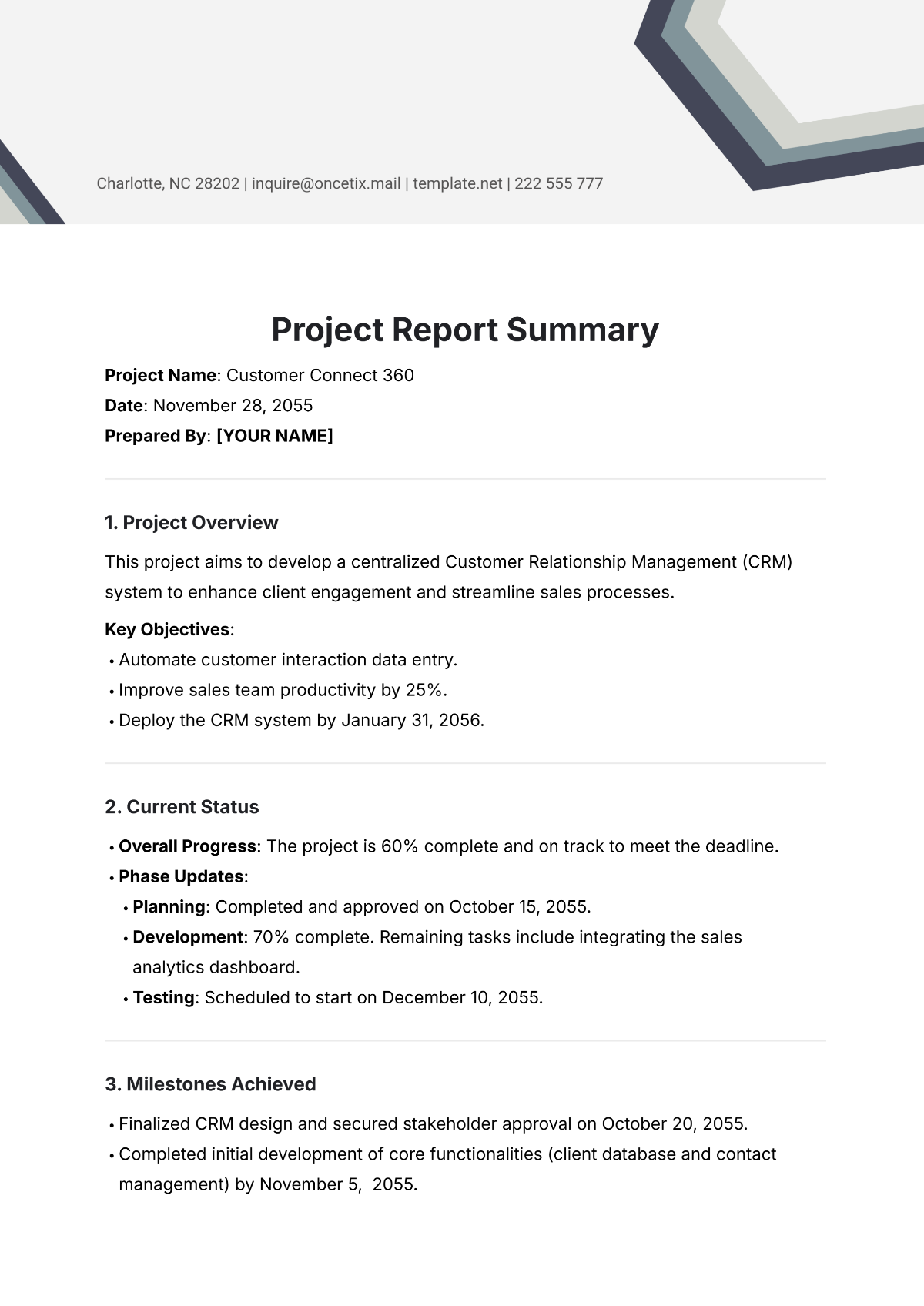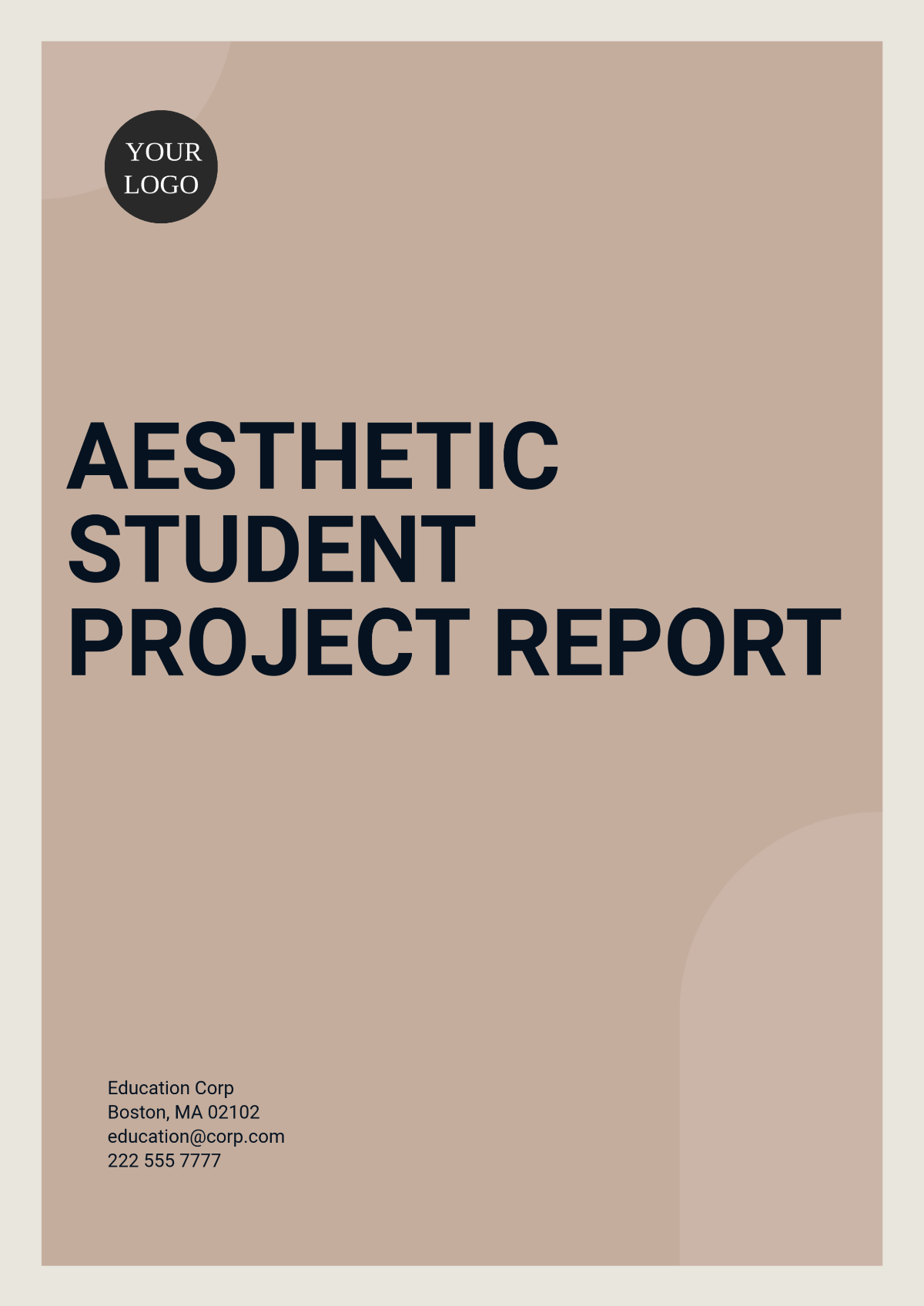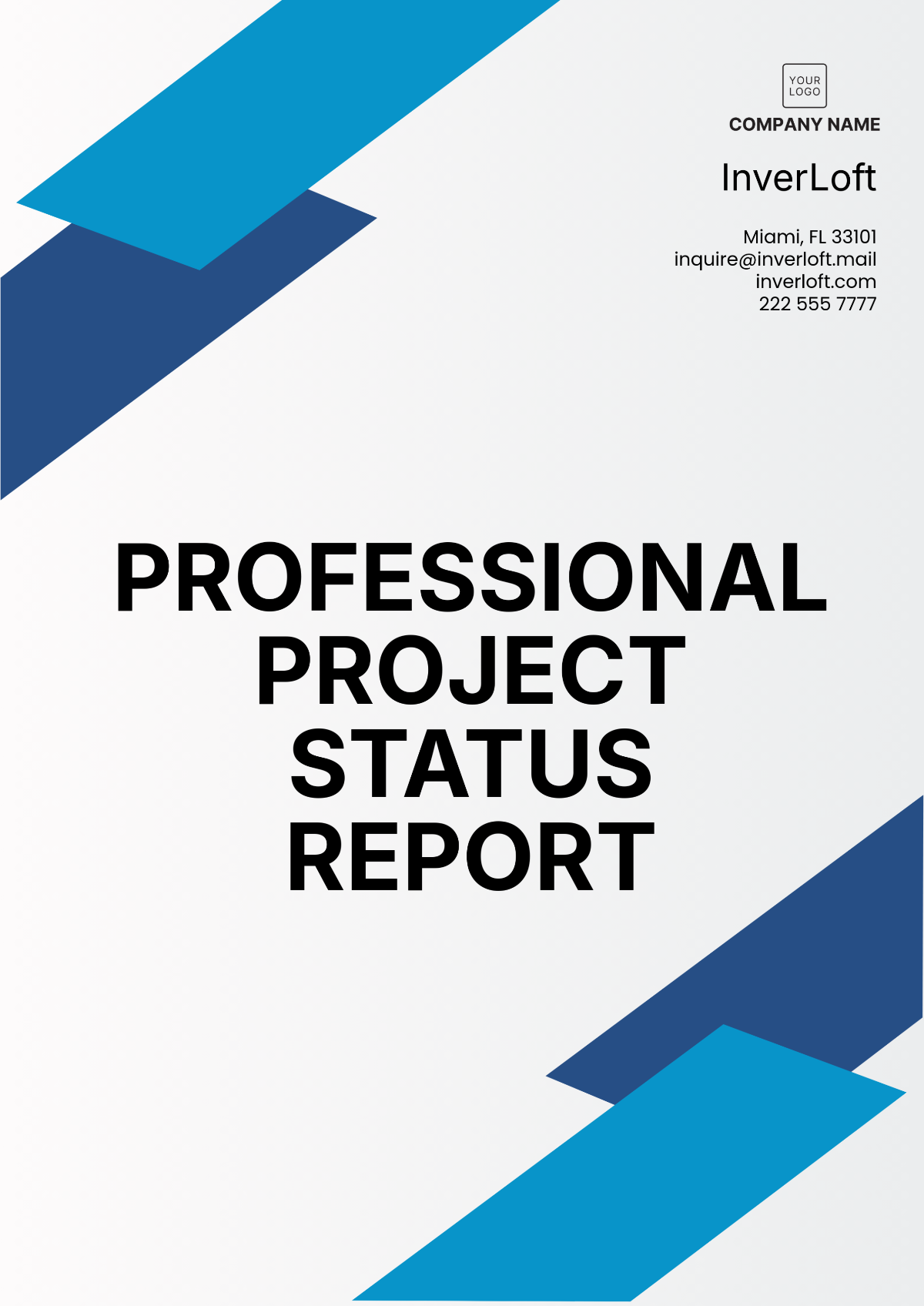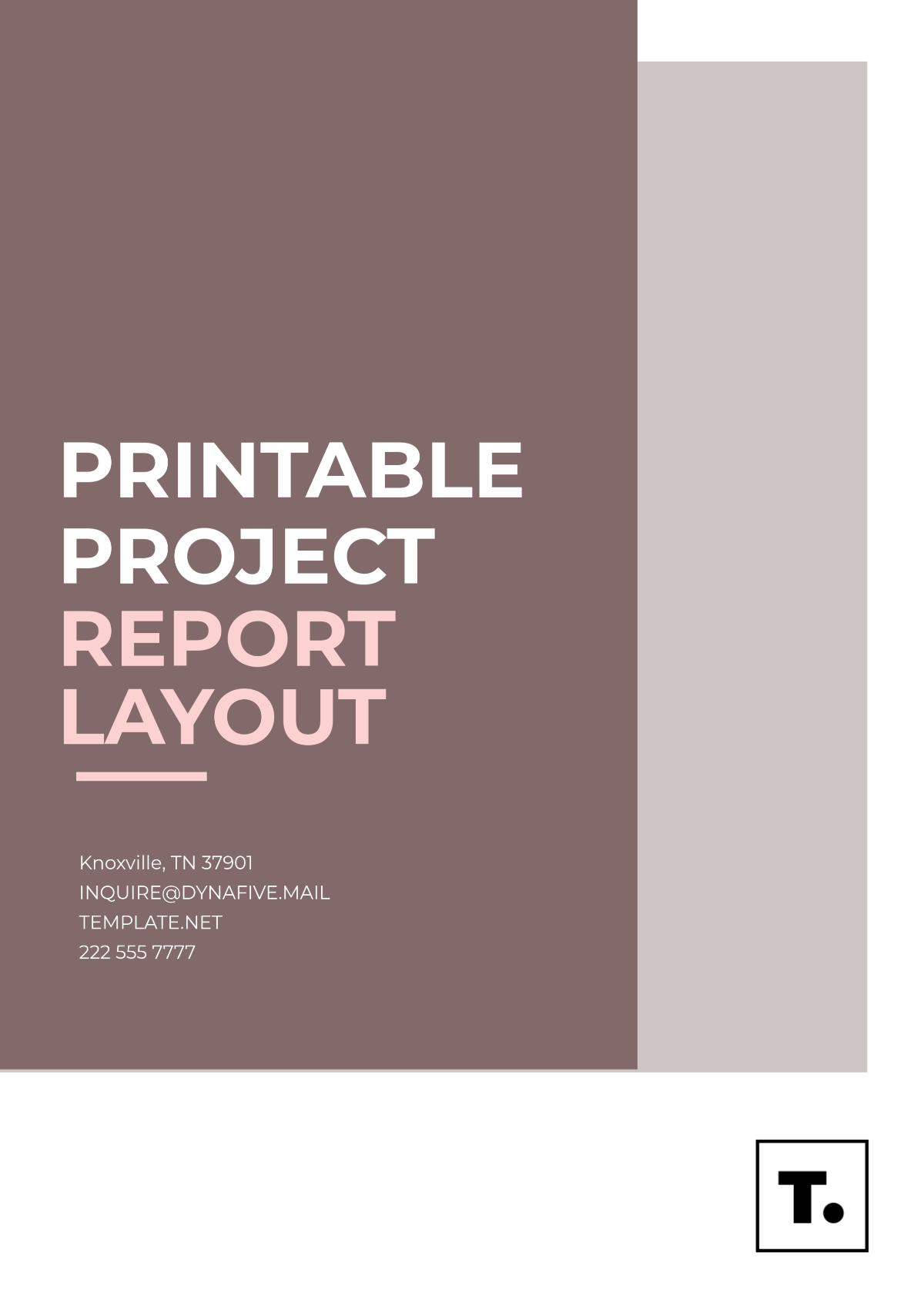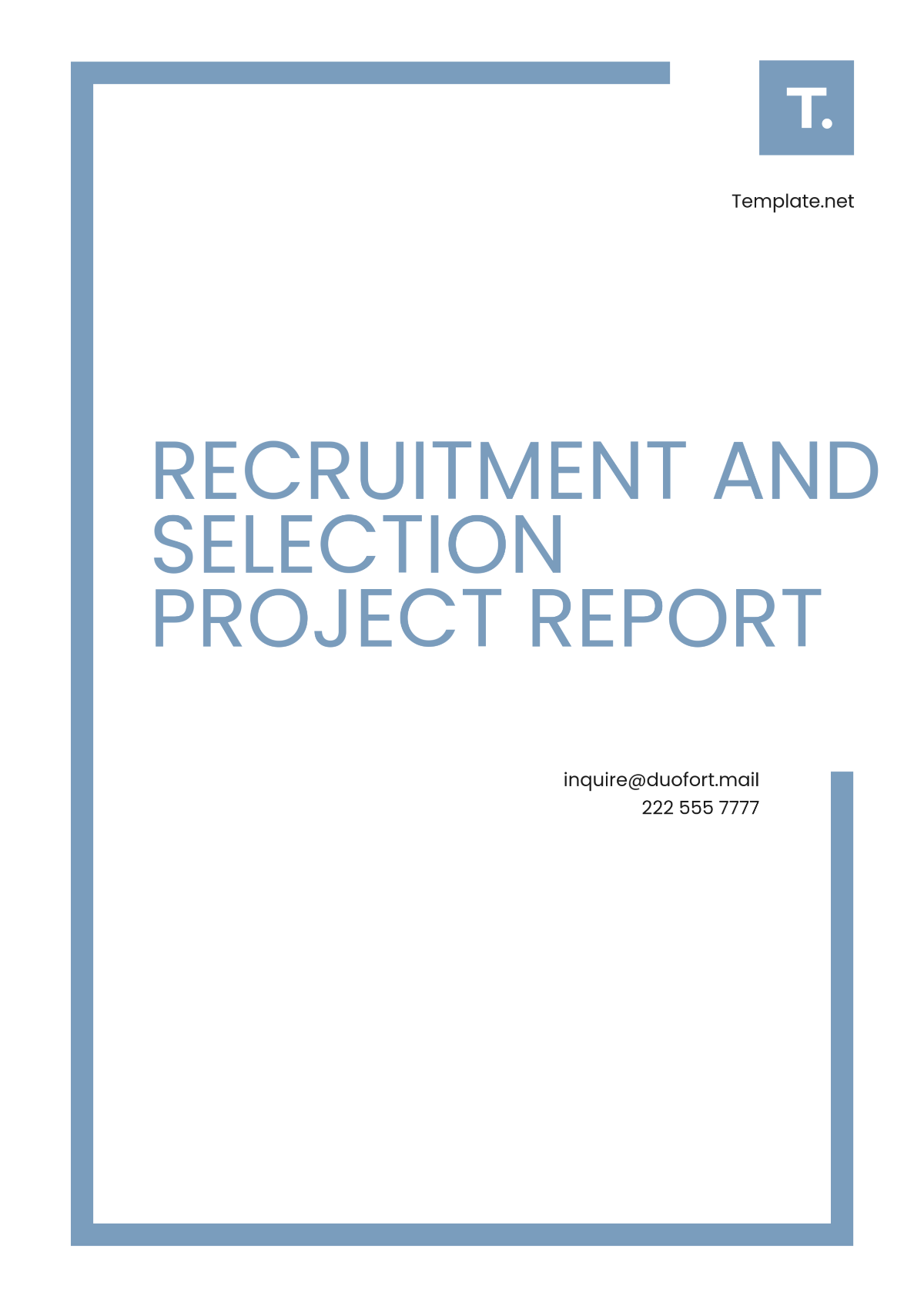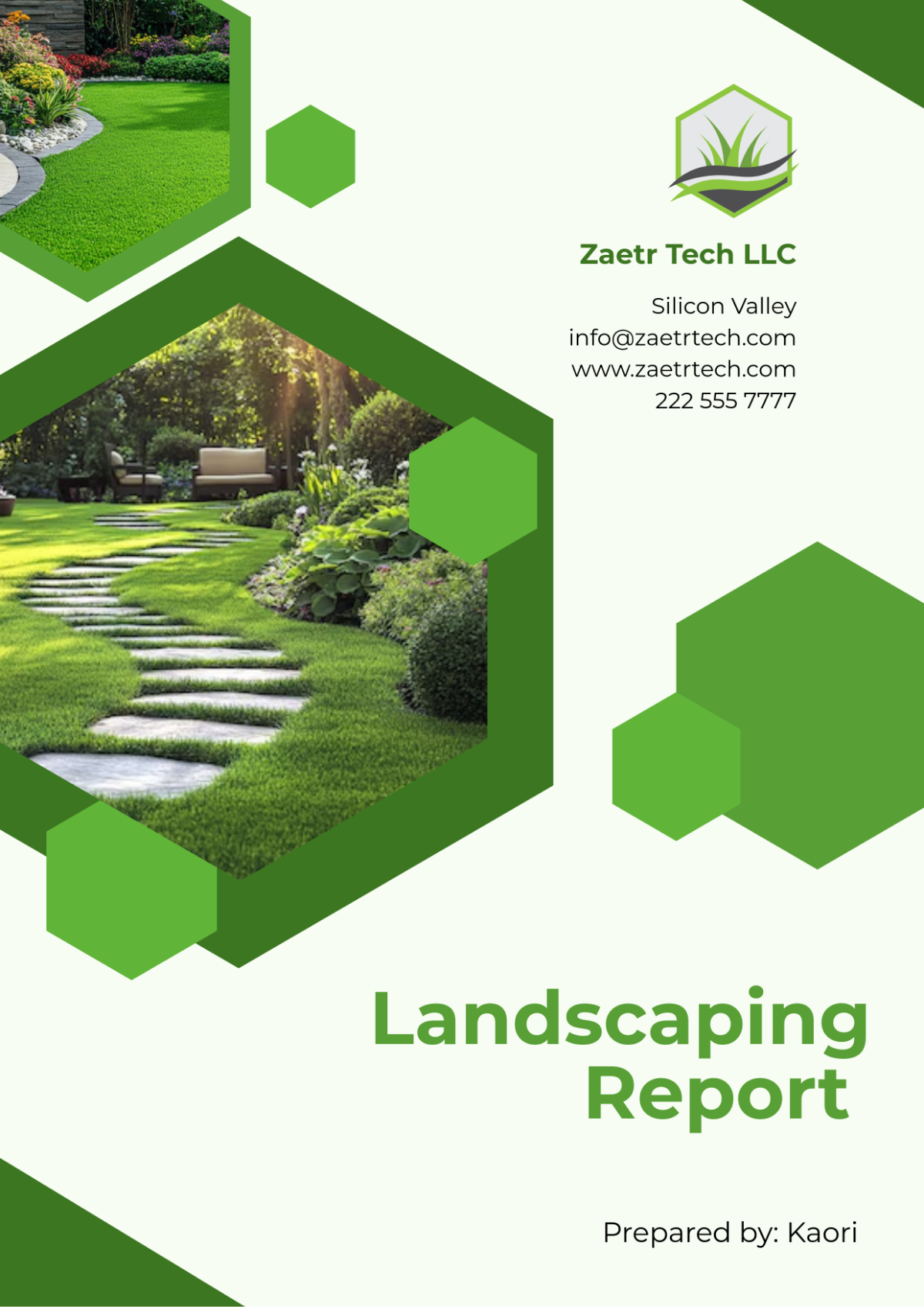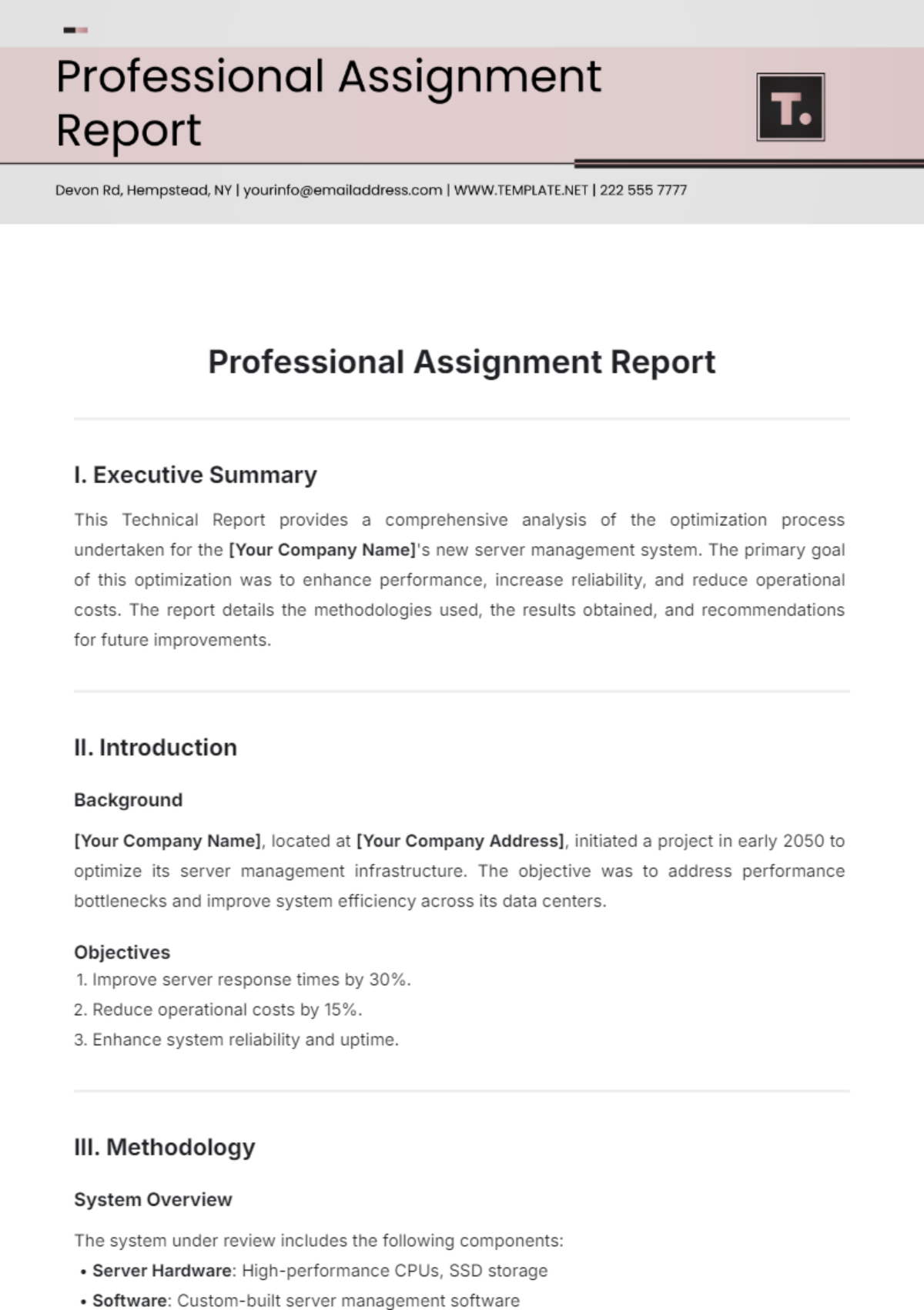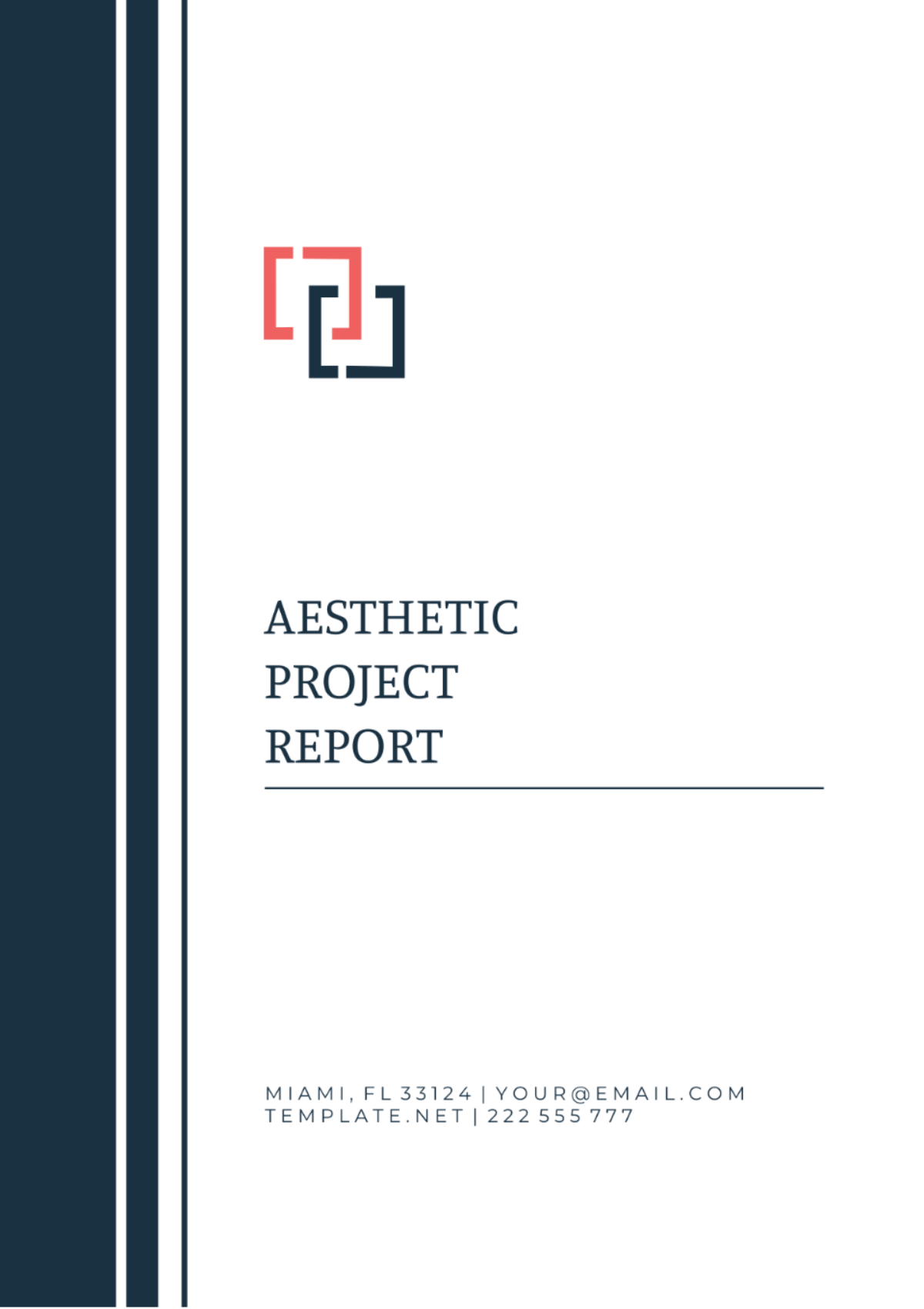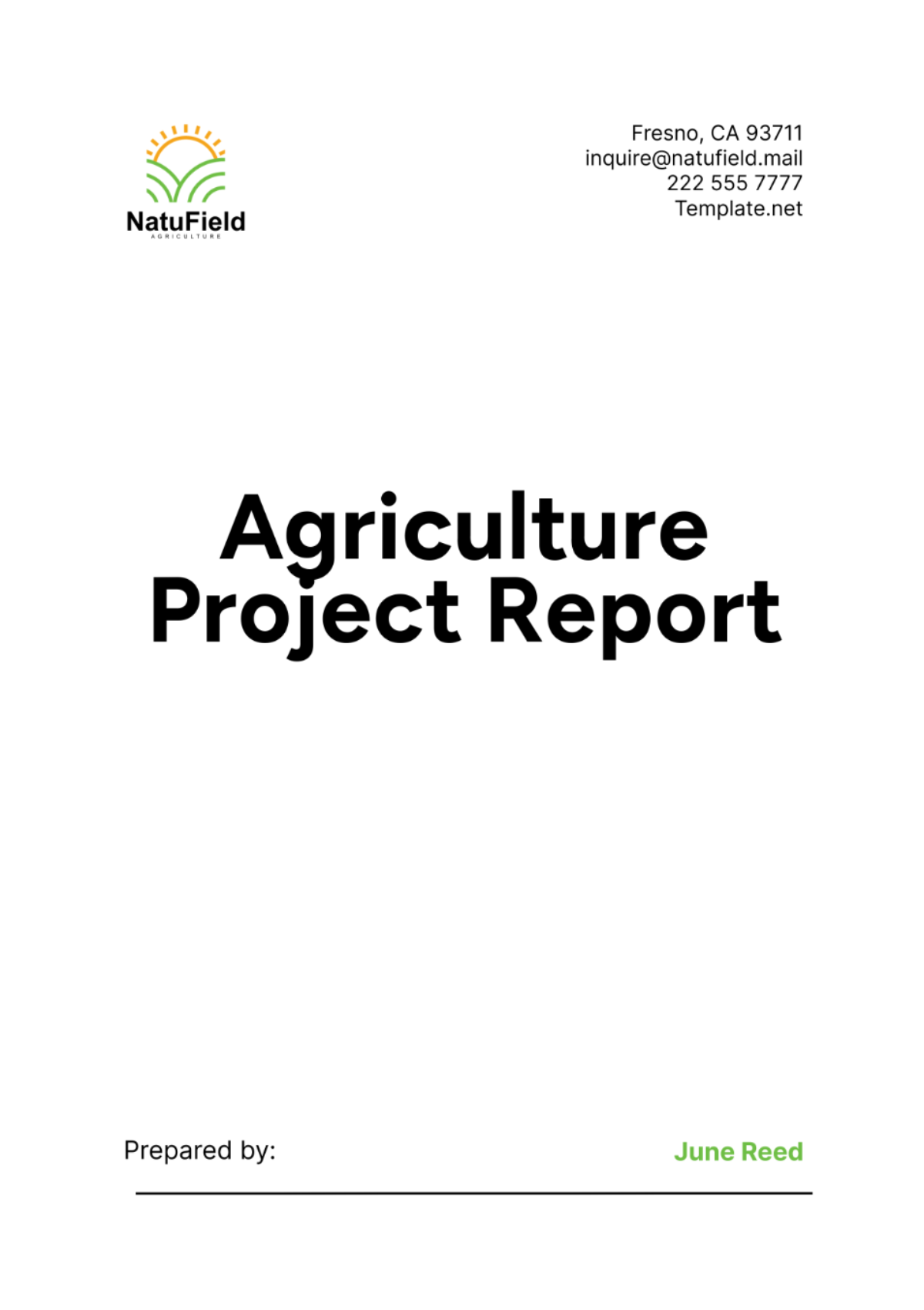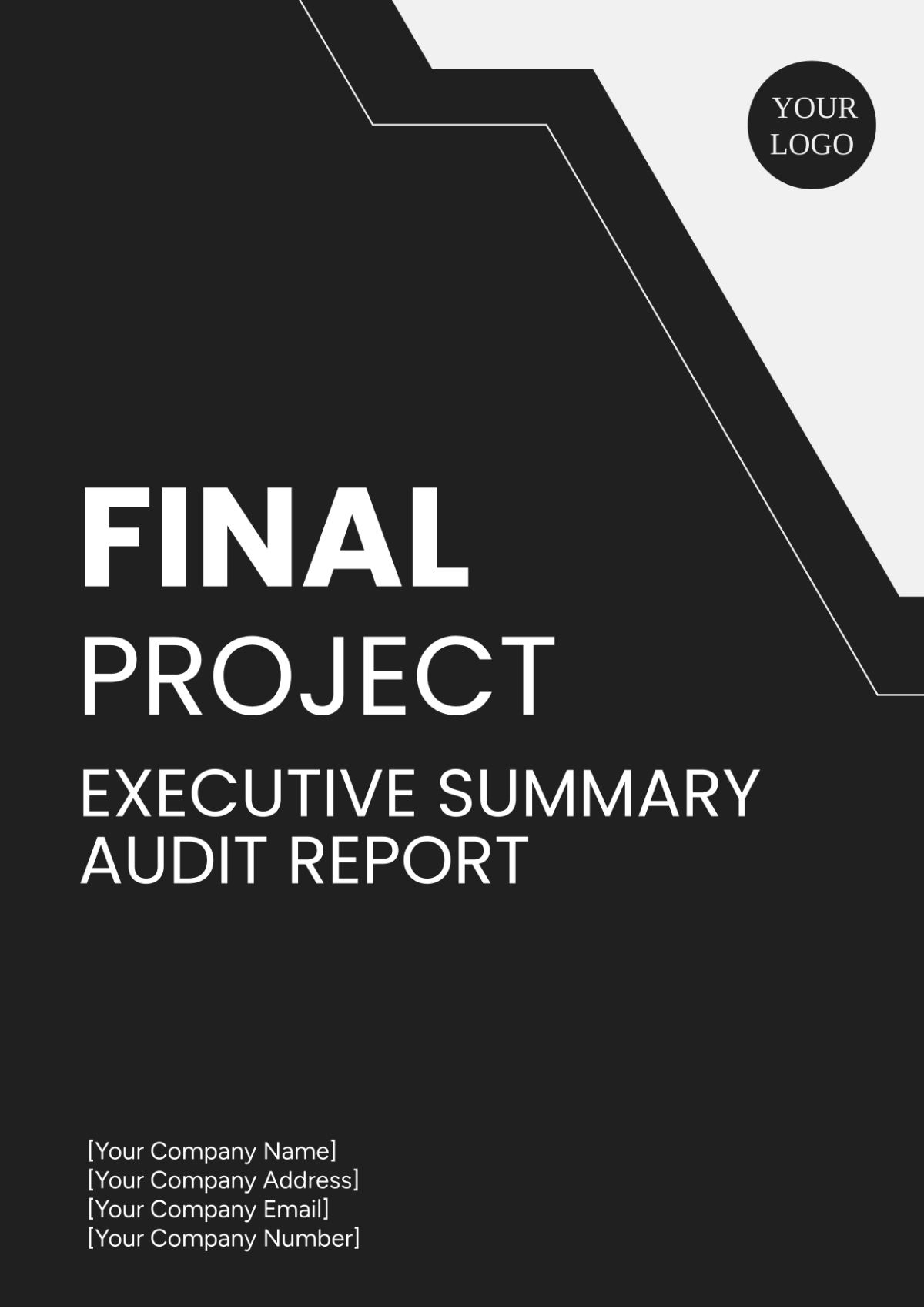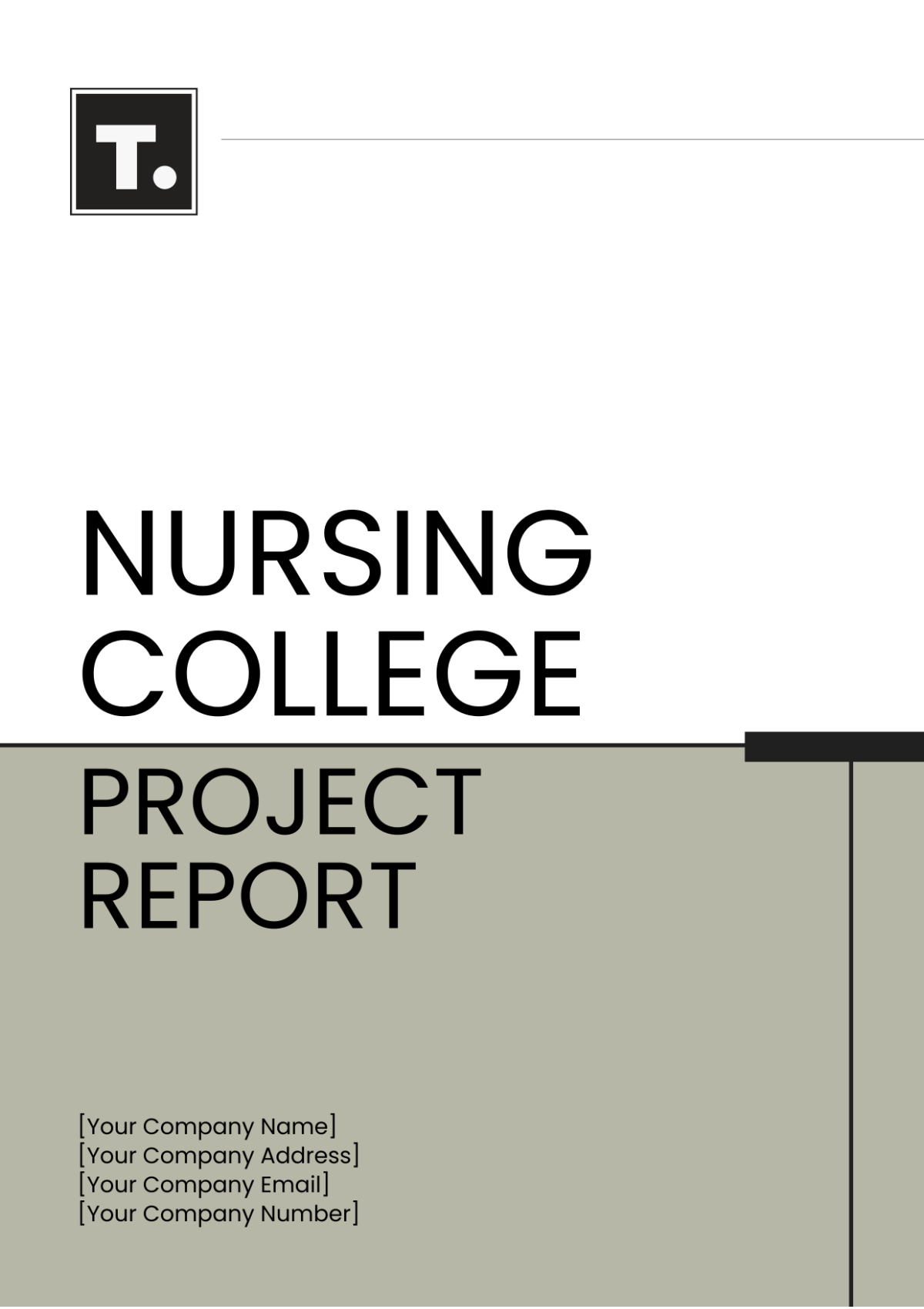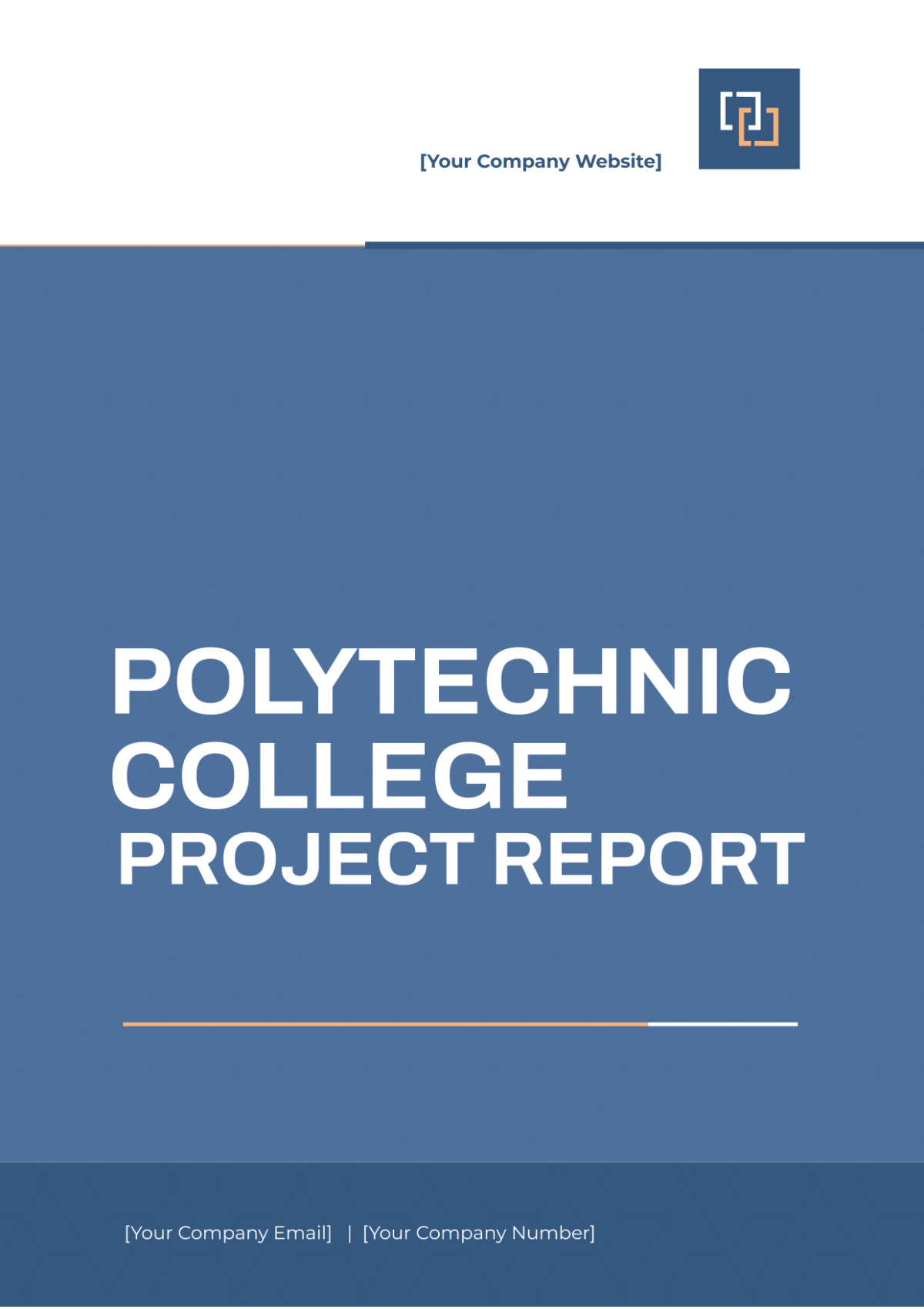GROUP PROJECT REPORT
Prepared By: [Your Name]
University: [Your Company Name]
I. Executive Summary
Our team, comprising John, Sarah, Mike, Emily, and Alex, embarked on the "Exploring Renewable Energy Sources" project with the aim of researching and analyzing various renewable energy options. This report presents a detailed assessment of our collaborative efforts, individual contributions, communication strategies, challenges faced, and key learnings.
II. Introduction
The "Exploring Renewable Energy Sources" project focused on evaluating the feasibility and sustainability of renewable energy sources including solar, wind, hydroelectric, and geothermal power. Our objective was to identify the most viable options for large-scale adoption based on factors such as cost-effectiveness, environmental impact, and technological advancements. This report provides an in-depth analysis of our research findings and collaborative processes.
III. Project Overview
The project involved extensive research, data analysis, and collaboration to compile a comprehensive report on renewable energy sources. We conducted simulations, studied industry trends, and consulted experts to gather insights. Over a period of three months, our team worked collaboratively to assess each energy source's potential and contribute meaningful recommendations to the renewable energy sector.
3.1 Methodology
Our assessment methodology included:
Regular team meetings to discuss progress, share findings, and strategize next steps.
Individual responsibilities are assigned based on expertise, with each member focusing on a specific renewable energy source.
Peer evaluations are conducted using a structured rubric to assess contributions, teamwork, and communication effectiveness.
Surveys were distributed to gather feedback on communication channels, collaboration dynamics, and project management processes.
IV. Individual Contributions
Each team member made significant contributions to the project:
John conducted thorough research on solar energy, analyzing cost trends and technological advancements.
Sarah explored wind energy, studying turbine designs, efficiency rates, and potential challenges.
Mike delved into hydroelectric power, evaluating environmental impacts, energy generation capabilities, and scalability.
Emily investigated geothermal energy systems, examining heat extraction methods, geographical suitability, and economic feasibility.
Alex managed data analysis, synthesized research findings, and compiled the final report.
V. Communication and Collaboration Analysis
Effective communication and collaboration were key to our success:
We utilized Slack for real-time communication, document sharing, and progress tracking.
Google Workspace facilitated collaborative document editing, feedback collection, and version control.
Biweekly team meetings allowed us to address challenges, align on goals, and maintain project momentum.
Conflict resolution strategies focused on open dialogue, compromise, and leveraging diverse perspectives to reach consensus.
VI. Project Outcomes and Achievements
Our project yielded significant outcomes and achievements:
Identified solar energy as the most feasible option for immediate implementation due to cost reductions and technological advancements.
Recommended further research in wind energy to address intermittency challenges and optimize energy production.
Highlighted the potential of hydroelectric power in suitable regions for clean energy generation and grid stability.
Suggested geothermal energy exploration in geologically favorable areas for sustainable heat and power generation.
VII. Lessons Learned and Best Practices
We identified key lessons learned and established best practices for future projects:
The importance of clear communication channels, regular progress updates, and transparent documentation to enhance collaboration and accountability.
Effective delegation of tasks based on expertise, interests, and project requirements to maximize team productivity and efficiency.
Proactive conflict resolution through active listening, empathy, and constructive feedback to foster a positive team environment.
Continuous learning, adaptability, and innovation as essential components of successful project execution and impactful outcomes.
VIII. Recommendations
Our recommendations for advancing renewable energy initiatives include:
Investing in solar energy infrastructure and incentivizing adoption through policies and financial incentives.
Funding research and development in wind turbine technology to enhance efficiency, reliability, and energy storage capabilities.
Exploring opportunities for small-scale hydroelectric projects in environmentally responsible ways to diversify energy sources.
Promoting geothermal energy exploration in regions with high geothermal potential for sustainable heat and power generation.
IX. Conclusion
In conclusion, our group project report highlights the importance of collaboration, innovation, and informed decision-making in advancing renewable energy solutions. By evaluating our collaborative efforts, identifying key findings, and offering actionable recommendations, we contribute to a more sustainable and resilient energy future.
X. Appendices
Survey results detailing feedback received from team members on communication effectiveness, teamwork dynamics, and project satisfaction.
Meeting minutes summarizing key discussions, decisions, and action items from team meetings.
Visual representations such as charts, graphs, and diagrams illustrate comparative analysis, project milestones, and data trends.
XI. References
Smith, J. (2023). Solar Energy Trends: A Comprehensive Analysis. Renewable Energy Journal, 15(2), 45-60.
Johnson, S. (2022). Wind Turbine Technology Advancements: Implications for Renewable Energy. Sustainable Energy Review, 8(4), 120-135.
Brown, M., & White, E. (2021). Hydroelectric Power: Environmental Impacts and Sustainability. Energy and Environment Journal, 10(1), 75-90.
Garcia, A., & Martinez, L. (2020). Geothermal Energy Exploration: Economic Feasibility and Technological Innovations. Geothermal Research Journal, 5(3), 180-195.
